Understanding Gasoline Generators
What is a Gasoline Generator and How Does it Function?
Gasoline generators are vital devices. They transform mechanical energy into electrical power. A gasoline-powered engine drives this process. The engine burns fuel to create motion. This motion powers an alternator. The alternator generates electricity. This electricity can run various devices. These include household appliances and industrial tools. Gasoline generators are versatile. They provide reliable backup power during outages. They also serve areas without grid access.
Common Uses of Gasoline Generators
Gasoline generators are highly adaptable. They are used in many situations. During power outages, they keep critical appliances running. These include refrigerators, heaters, and lights. On construction sites, they power tools and machinery. These sites often lack electrical connections. Campers and outdoor enthusiasts use them too. They power small devices and lighting. In emergencies, they provide immediate power. This makes them essential for response teams.
Determining Your Power Requirements
Calculating Wattage Needs for Your Devices
Choosing the right gasoline generator requires planning. You must calculate the wattage needs of your devices. List all appliances or tools you plan to use at once. Note their wattage ratings. For example, a refrigerator may need 600 watts. A microwave might require 1,000 watts. Add these values together. This gives the total running wattage needed. Include a buffer for extra devices. This ensures flexibility for unexpected needs.
The Role of Surge and Running Watts in Generator Choice
Understanding surge and running watts is key. Surge watts are the extra power needed at startup. Some appliances, like air conditioners, demand more power initially. Running watts are the steady power needed to operate devices. A generator must handle surge watts. This prevents overloading during startup. Choosing a model with adequate surge capacity ensures smooth operation.
Exploring Gasoline Generator Sizes
The Smallest Gas Generator: When Less is Enough
The smallest gas generators prioritize portability. They are efficient for light tasks. These units suit users needing minimal power. They are ideal for camping or outdoor events. They can power small electronics, like laptops or fans. They also support LED lights. Their lightweight design aids transport and storage. Fuel use is low. However, verify their wattage meets your needs.
Medium-Sized Generators: Power Meets Portability
Medium-sized gasoline generators offer balance. They provide more power than small units. Yet, they remain portable. These are great for homeowners. They ensure backup power during outages. Contractors also use them on job sites. They can run multiple appliances at once. Their mobility makes them versatile for various settings.
Large-Scale Generators for High Power Needs
Large gasoline generators are built for heavy-duty tasks. They meet industrial or large-scale demands. These units power heavy equipment or entire homes. They are also used in small businesses during outages. They consume more fuel and need more space. Their high capacity makes them vital for demanding environments.
Fuel Efficiency and Consumption in Gasoline Generators
How Much Gas Does a Generator Use?
Fuel consumption varies widely. It depends on the generator’s size and load. Efficiency also plays a role. Smaller generators use less fuel. They may consume about 0.5 gallons per hour at half load. Larger models use more. They can burn several gallons per hour at full load. Knowing how much gas a generator uses helps plan fuel costs. It also aids in preparing for long-term power needs.
For instance, consider an outage. You need to power a refrigerator (600 watts). You also need a microwave (1,000 watts). Calculate the total wattage. Choose a generator that handles this load efficiently. Running at higher loads increases fuel use. A properly sized generator saves fuel. It avoids unnecessary expenses.
Comparing Fuel Tank Sizes Across Models
Fuel tank size affects runtime. Smaller generators have tanks of 1 to 2 gallons. These suit short-term tasks. They are great for camping or powering small devices. Medium-sized models have larger tanks. These range from 3 to 6 gallons. They run longer, about 8-10 hours at half load. They are ideal for outages or construction sites.
Large generators have tanks over 7 gallons. These support extended operation. They suit industrial or home backup needs. However, they need more storage space. Consider fuel efficiency alongside tank size. A large tank with poor efficiency may not be cost-effective. Compare models to find the best balance.
Additional Factors to Consider When Choosing a Generator
Noise Levels and Their Effect on Usage
Noise is a key factor in generator selection. This is especially true in residential or outdoor settings. Generators are rated in decibels (dB). Quiet models operate at 50-60 dB. This is like a normal conversation. Louder ones exceed 70 dB. They sound like heavy traffic.
For home use, choose low-noise models. This minimizes disturbance to neighbors. Campers prefer quiet generators too. They preserve the peace of nature. Manufacturers add noise-reducing features. These include insulated casings or advanced mufflers.
Portability Features: Wheels, Handles, and Weight
Portability matters when selecting a generator. Lightweight models are easy to carry. However, they may offer less power. Many generators include wheels and handles. These improve mobility across locations.
Small generators weigh under 50 pounds. They have ergonomic handles. This makes them ideal for outdoor enthusiasts. Medium-sized models have durable wheels. These handle rough terrain, like construction sites. Large generators are heavier. They may need wheel kits for movement. Match portability features to your usage needs.
Safety Features to Prioritize in a Gasoline Generator
Safety is critical when buying a generator. Look for automatic shut-off systems. These activate if oil levels drop or the unit overheats. They protect the engine and reduce fire risks.
Carbon monoxide (CO) detection is another key feature. Some generators have CO sensors. These shut down the unit if CO levels rise. This is vital for enclosed spaces with limited ventilation.
Also, seek models with circuit breakers. These prevent electrical overloads. Grounding systems reduce shock risks. A generator with robust safety features ensures safe operation. It protects users and equipment.
Making an Informed Choice
Matching Your Needs with the Right Generator Size
Selecting the right generator starts with your power needs. List all devices you’ll power at once. Calculate their total wattage. Include running watts and surge watts. Appliances like refrigerators need extra startup power.
Small generators suit light tasks. They power phones or fans at events. Medium-sized models handle household appliances during outages. They may not support high-demand systems, like central air conditioning. Large generators power heavy equipment or homes. They require more maintenance. Matching needs prevents overloading. It ensures efficient performance.
Evaluating Long-Term Costs and Maintenance
The purchase price is only part of the cost. Long-term expenses matter too. Fuel efficiency affects operating costs. So does maintenance frequency. Replacement parts availability is another factor.
Efficient generators use less fuel. This saves money over time. Regular maintenance extends a unit’s life. Tasks include changing oil or cleaning spark plugs. Professional servicing adds costs. Check warranty coverage. Brands like PowerSmart offer reliable support. Their products are built to last with proper care.
FAQs About Choosing Gasoline Generators
What is the smallest gas generator available?
The smallest gas generators are compact units. They are designed for lightweight tasks. These include charging electronics or powering LED lights during camping.
How much gas does a generator use?
A small generator uses about 0.5 gallons per hour at half load. Larger models may use several gallons per hour. This depends on size and workload.
Are quieter generators less powerful?
Not always. Modern technology allows quiet models to deliver strong power. They produce less noise.
What safety features should I prioritize?
Prioritize automatic shut-off for low oil or overheating. CO detection sensors are crucial. Circuit breakers and grounding systems are also important.
For help selecting the right gasoline generator, visit PowerSmart’s website to learn more about their reliable products.












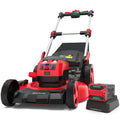




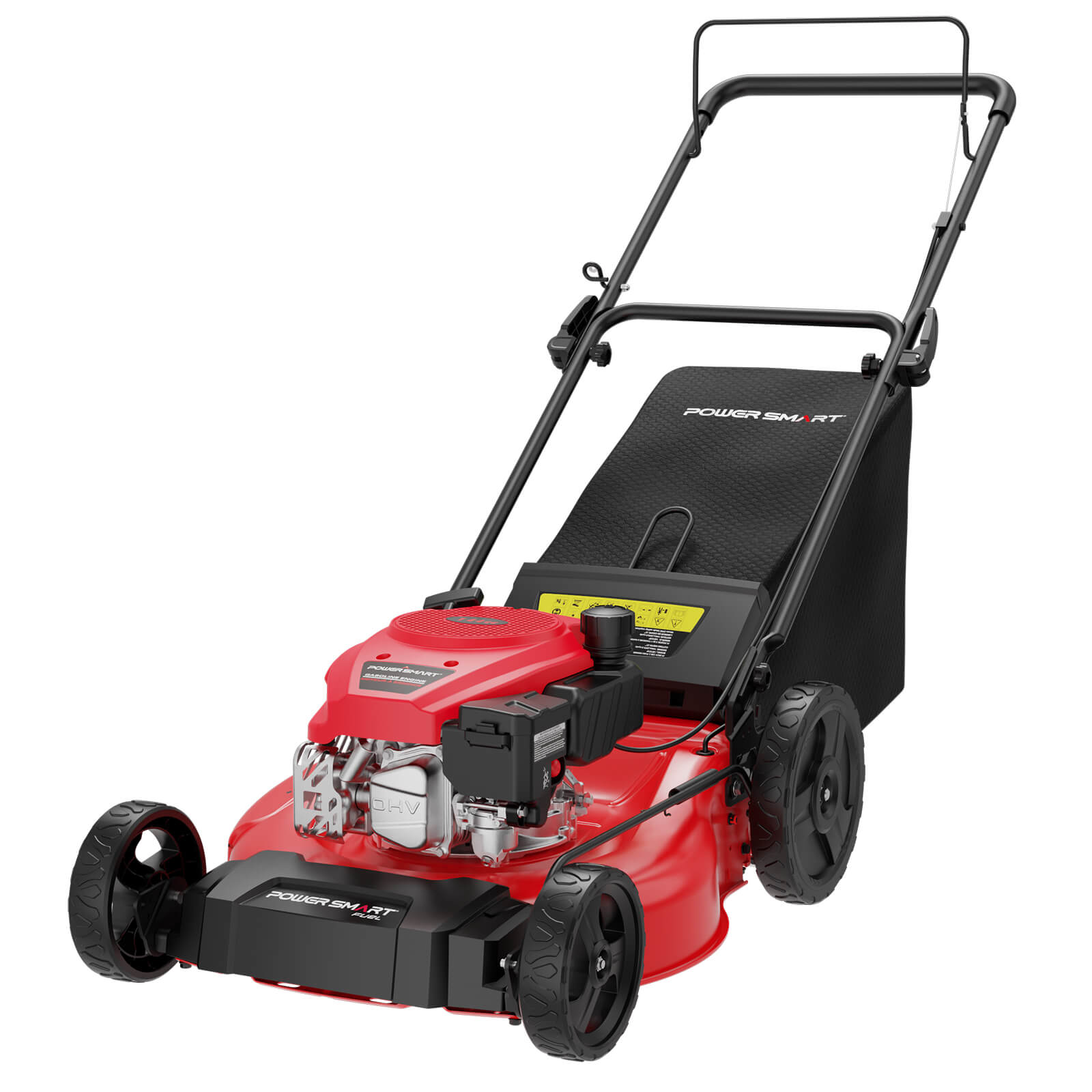

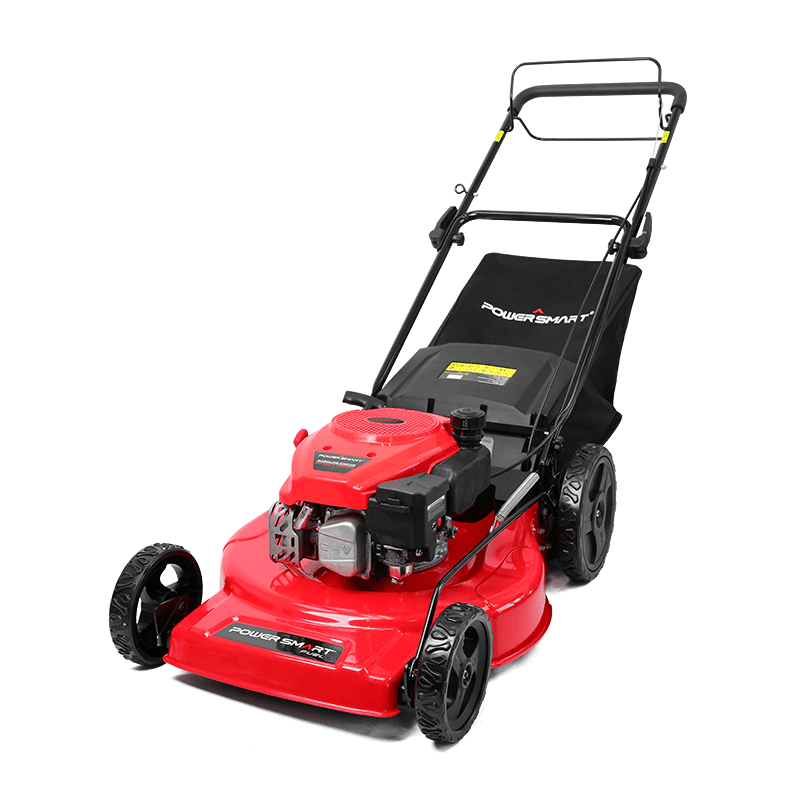
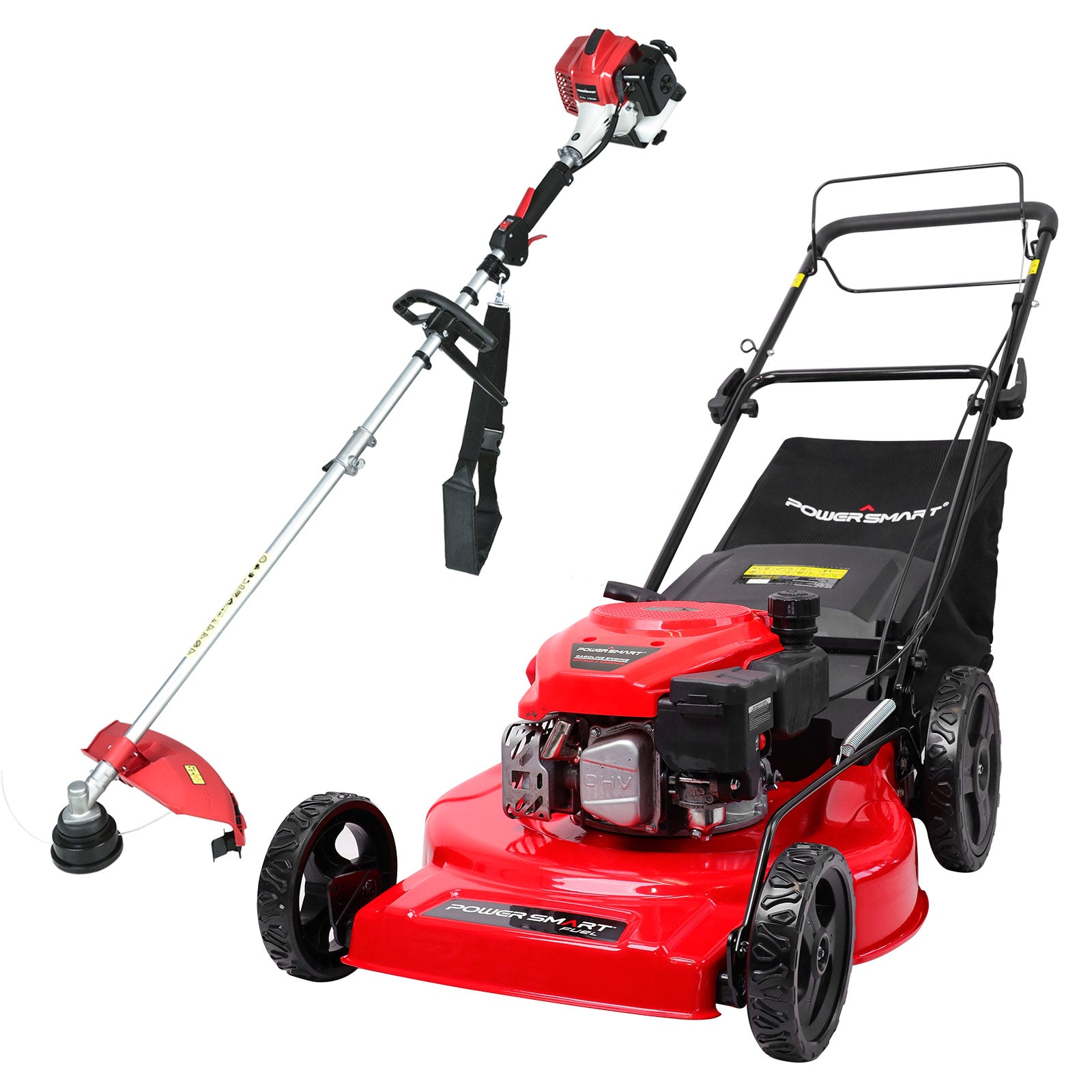
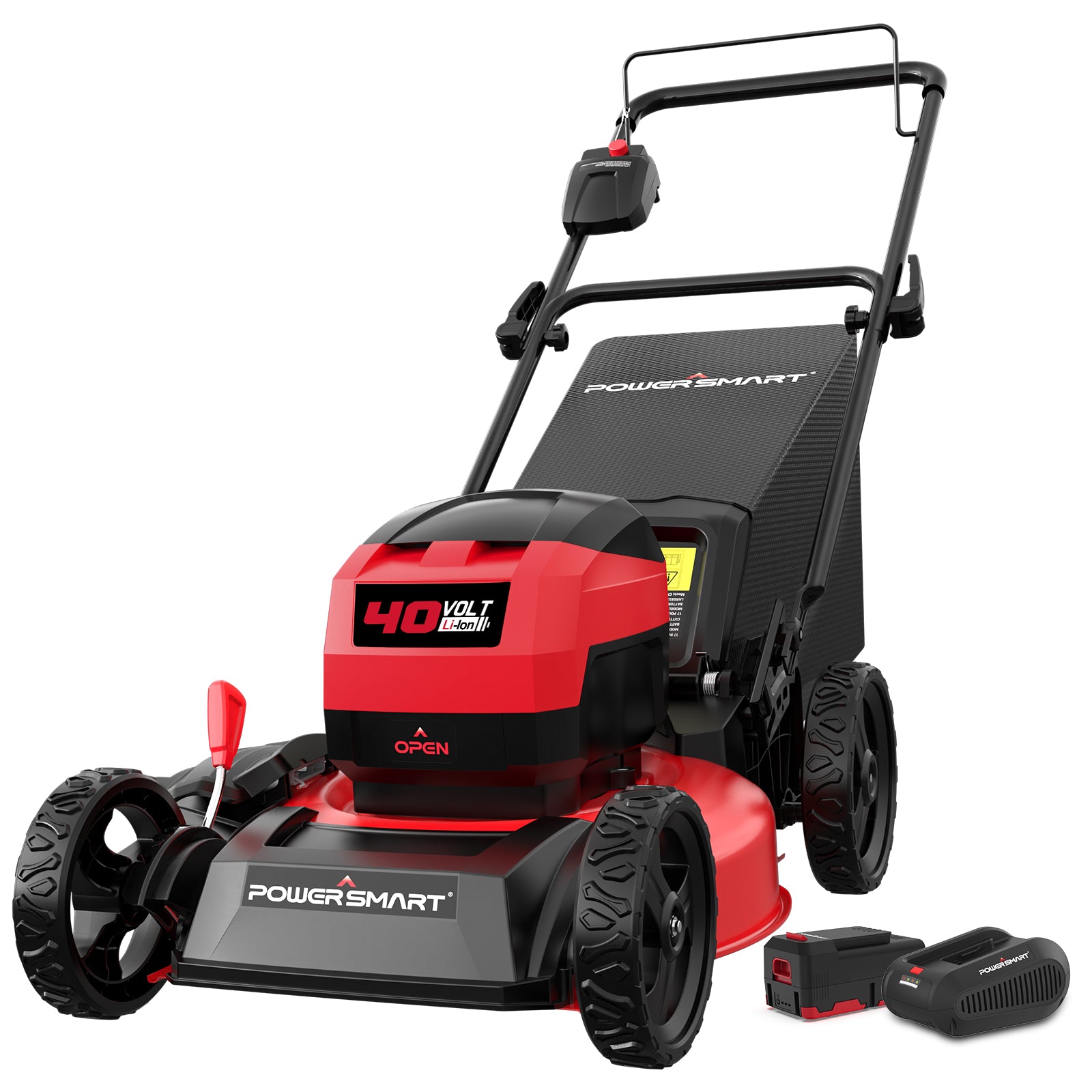
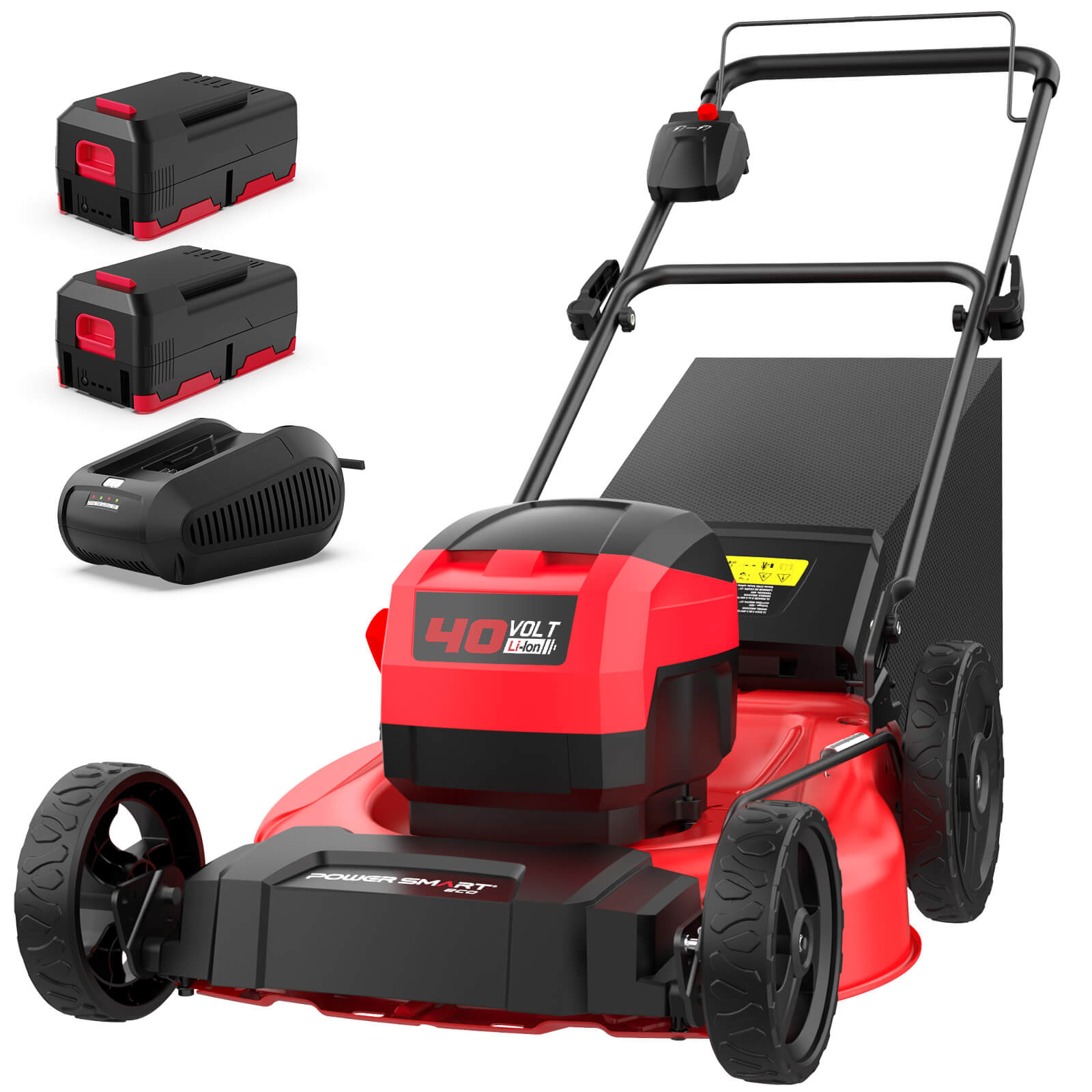
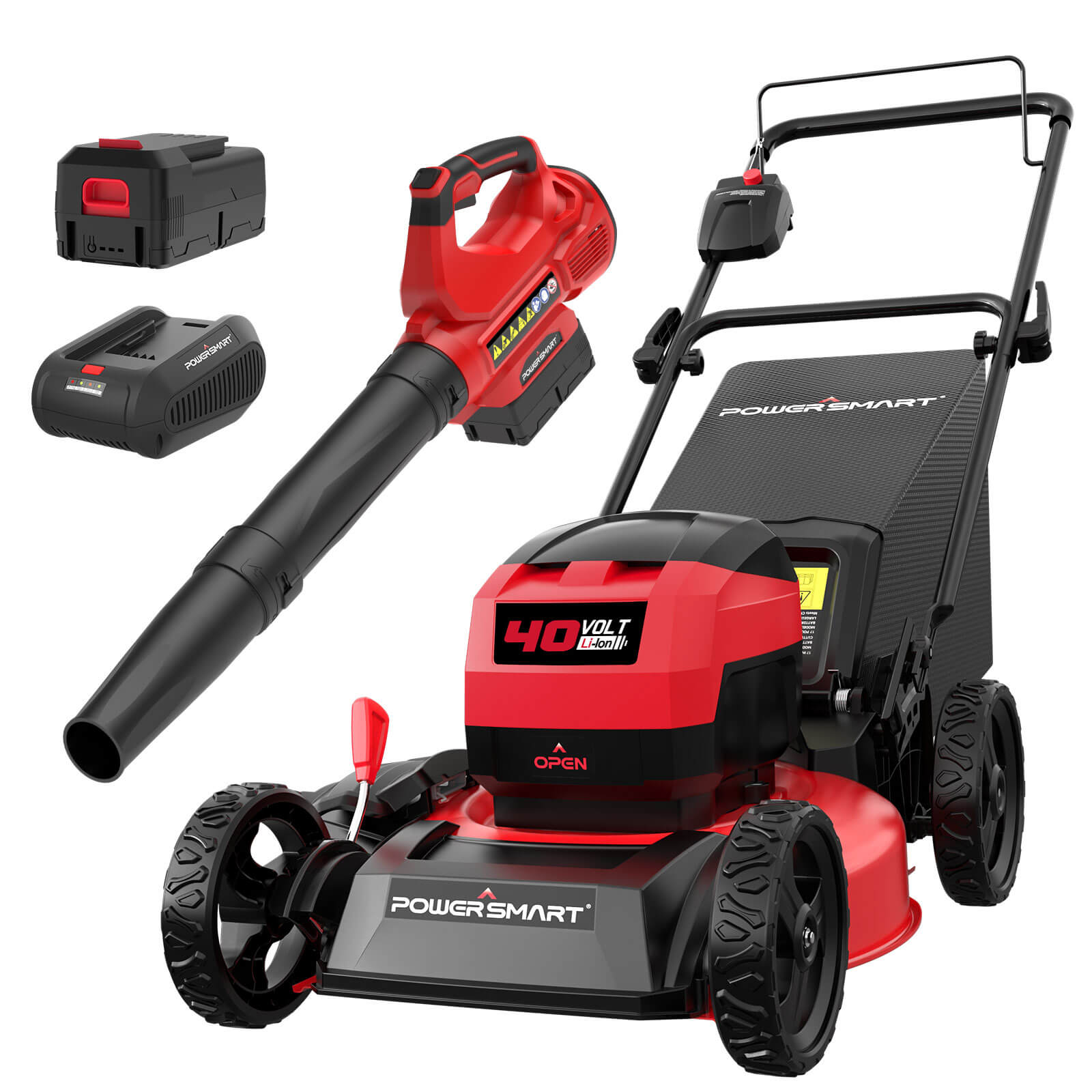
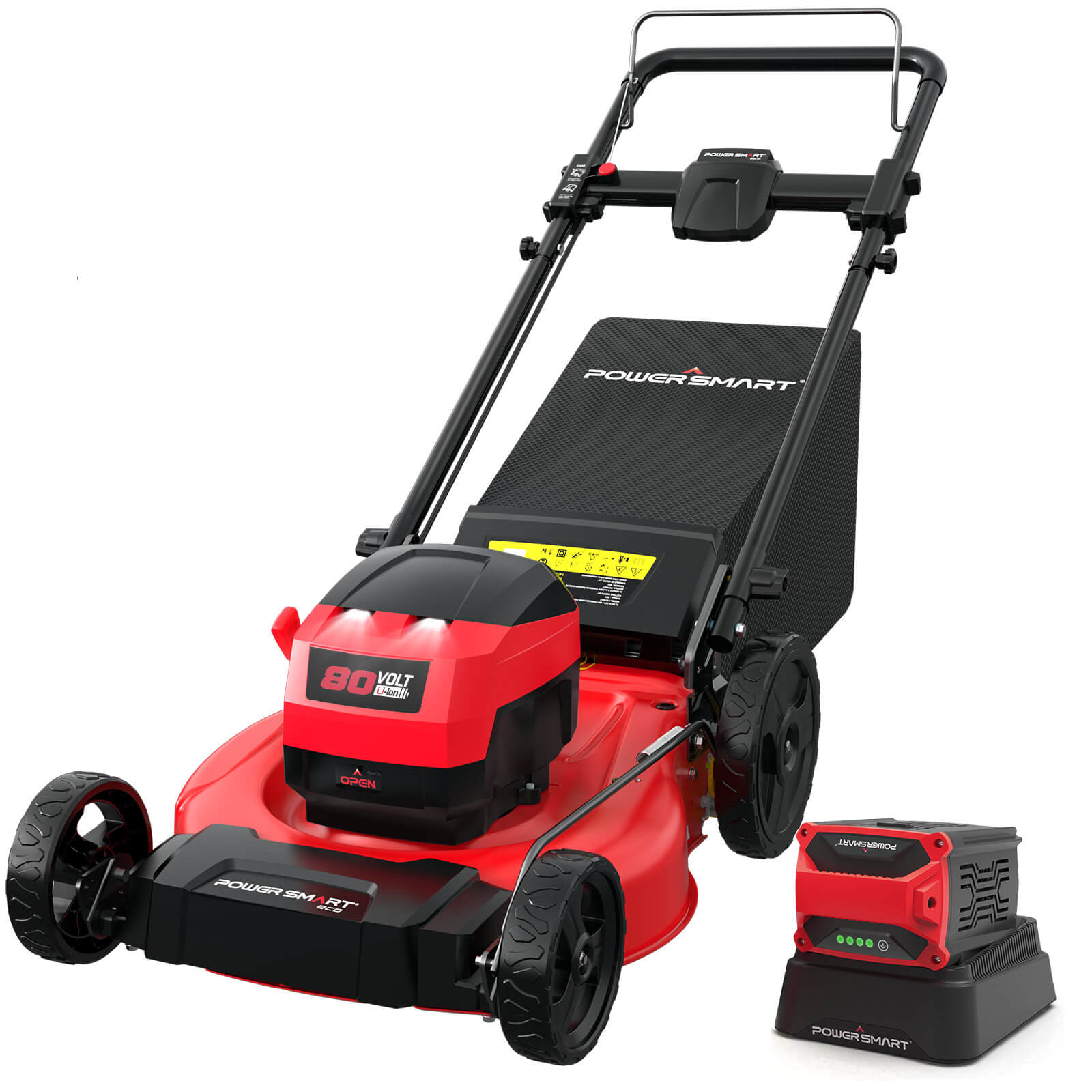
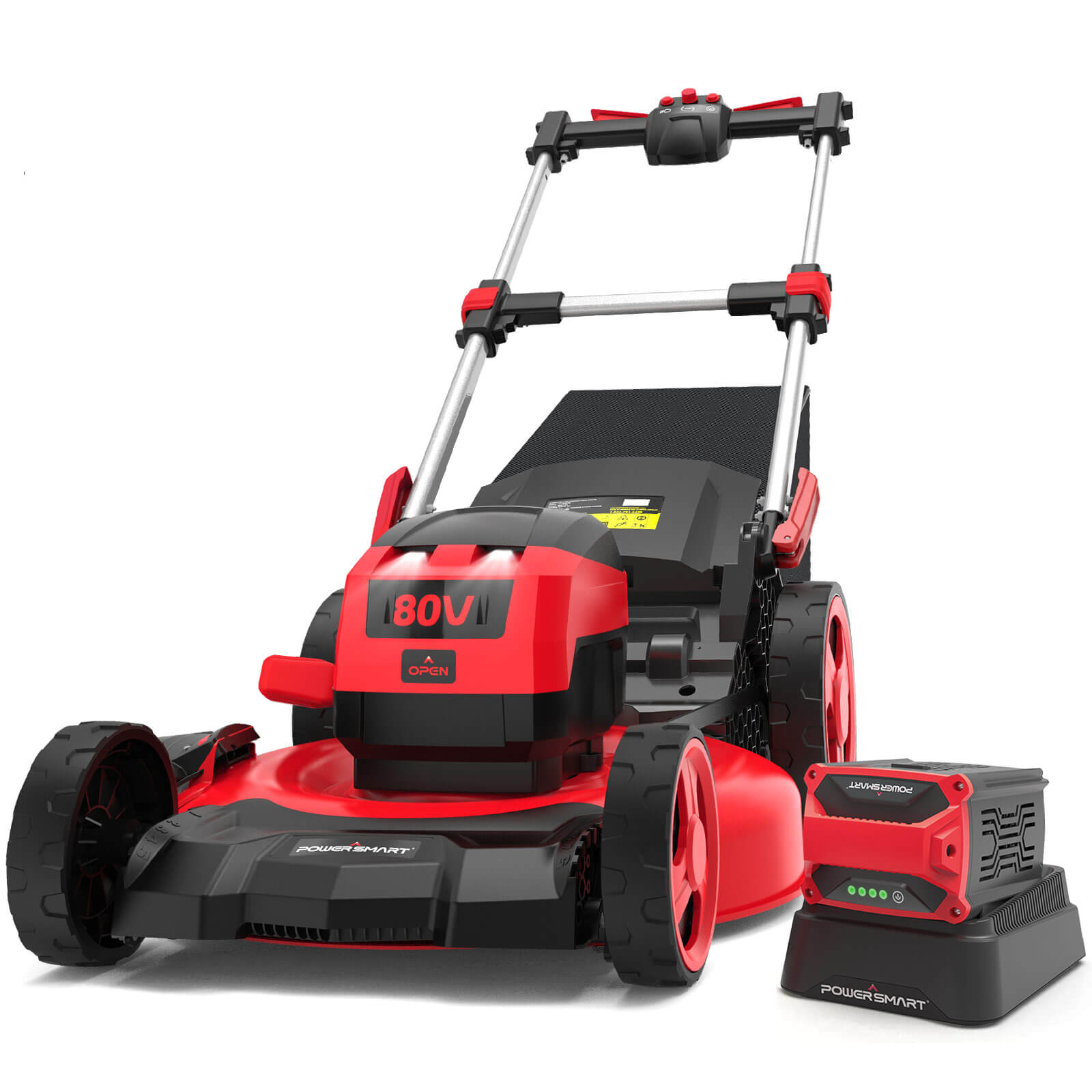
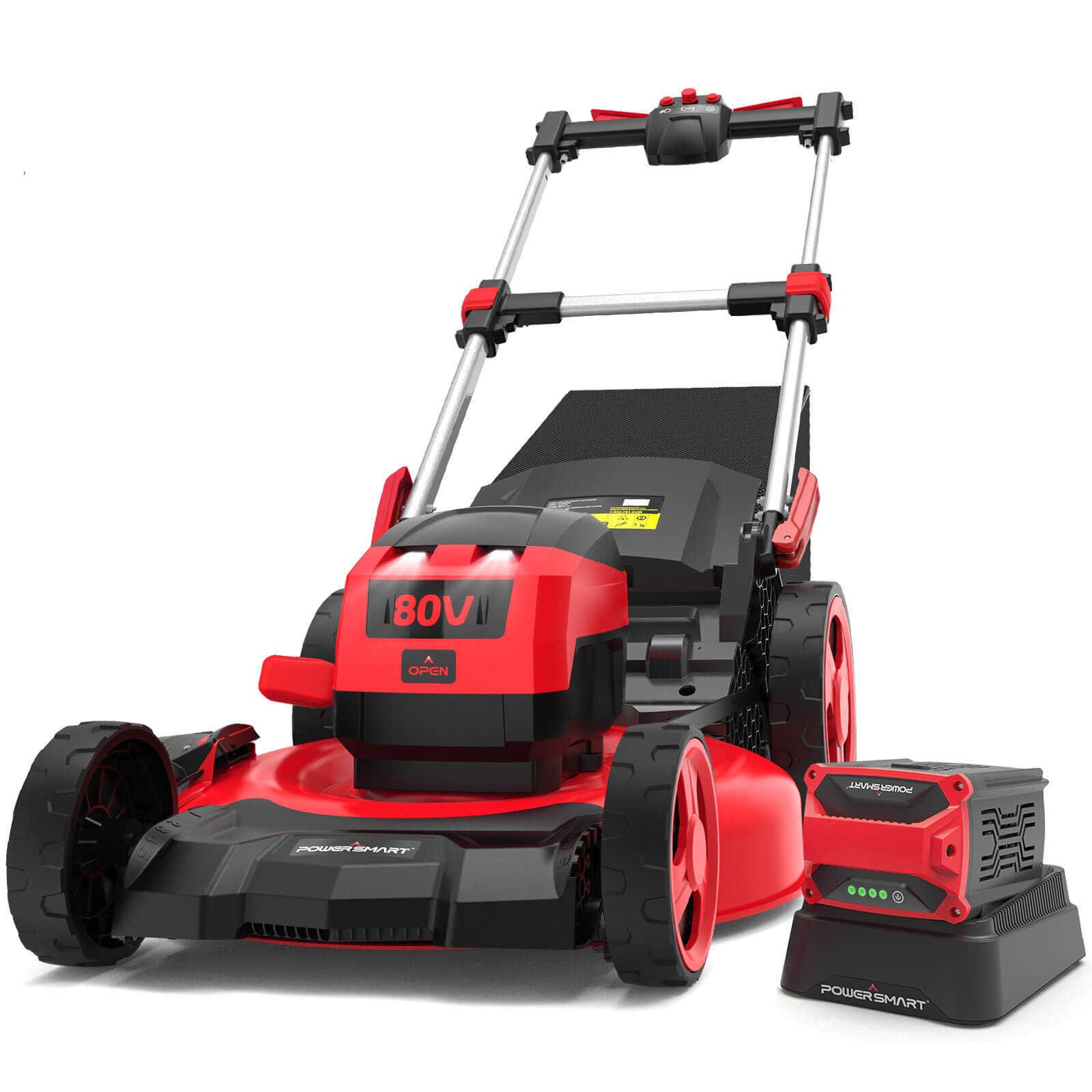





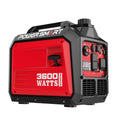
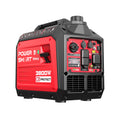

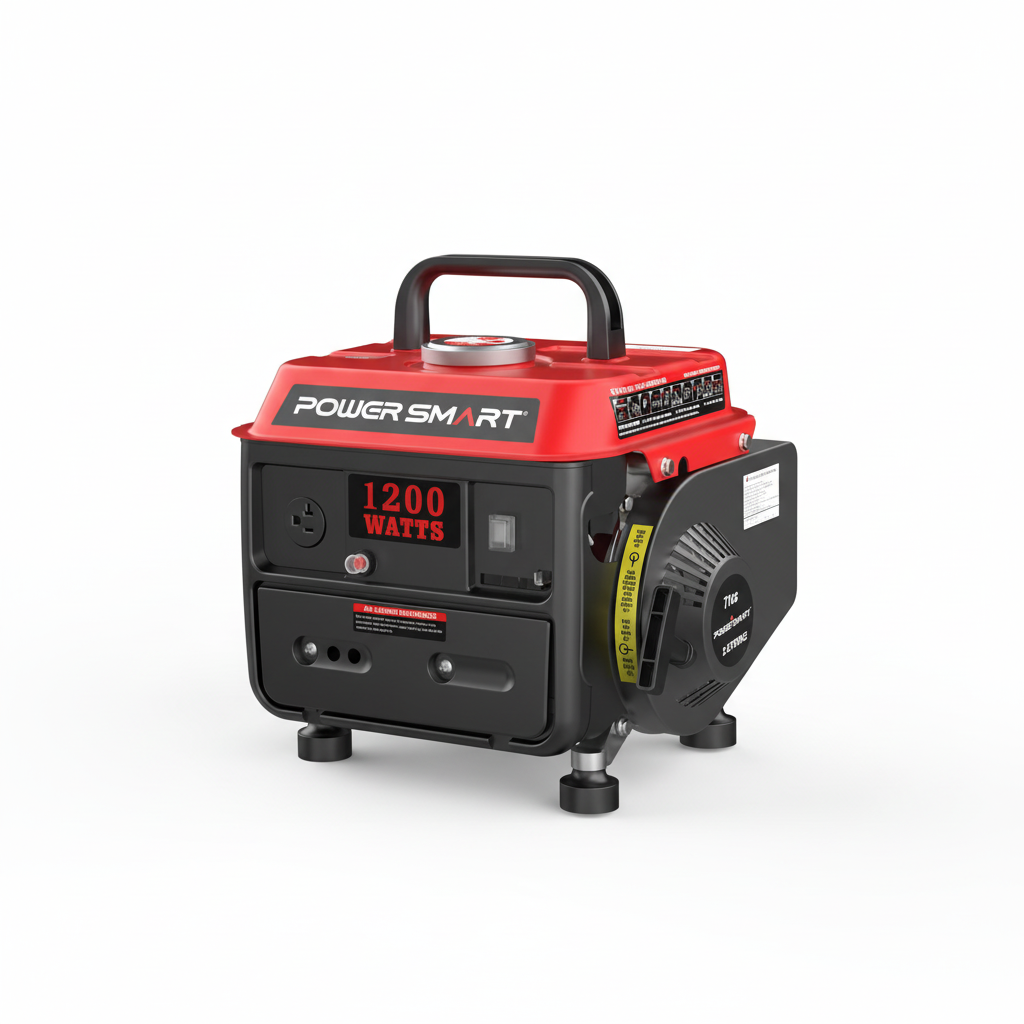

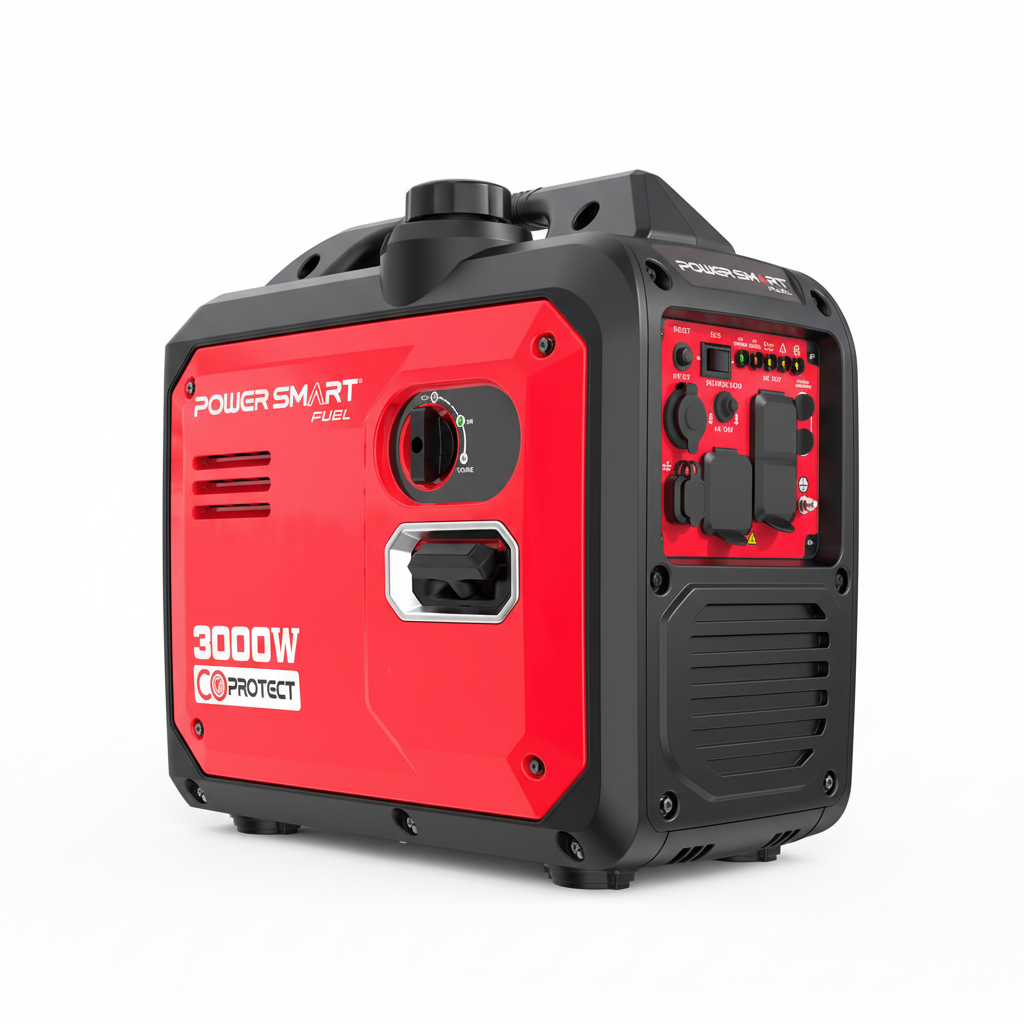
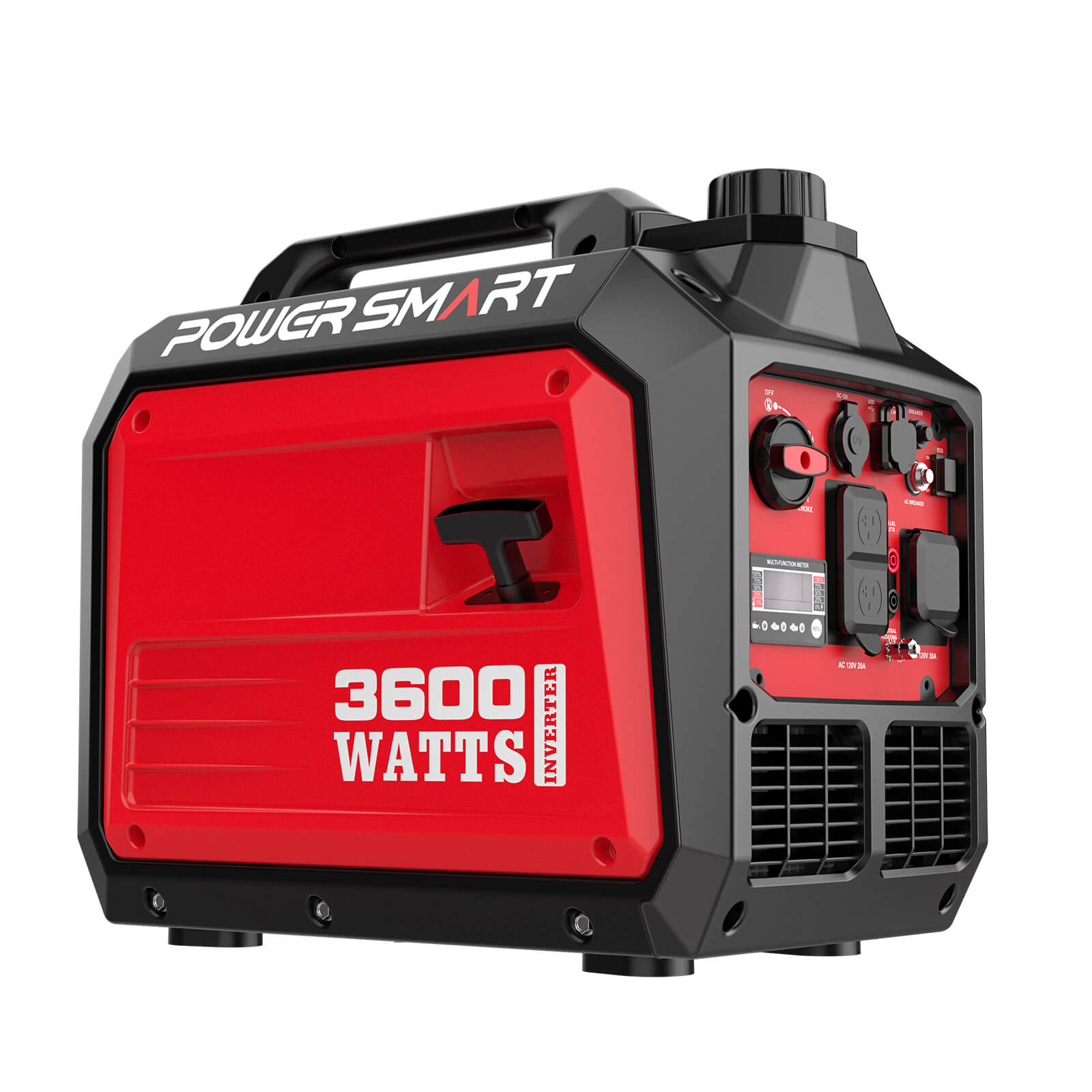
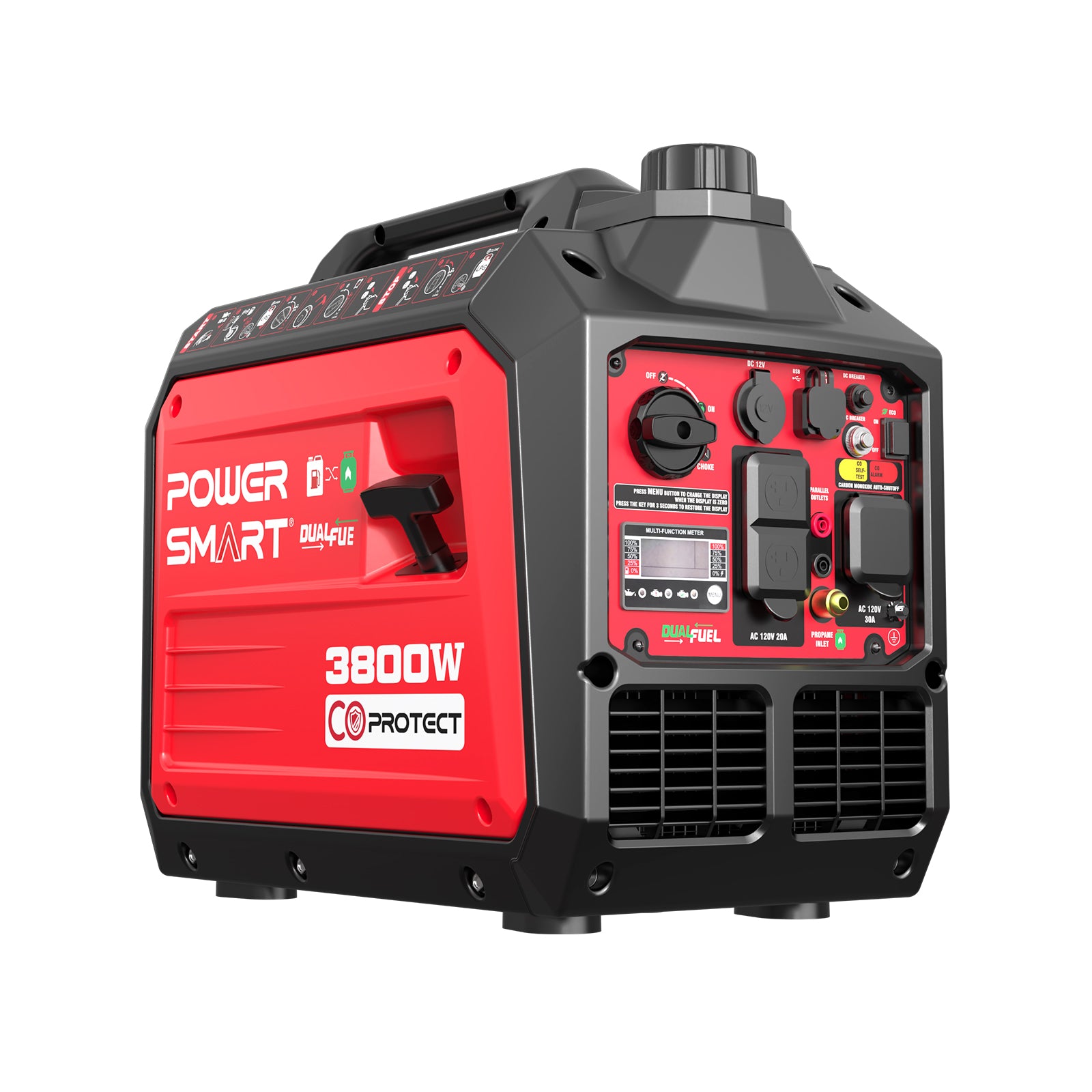
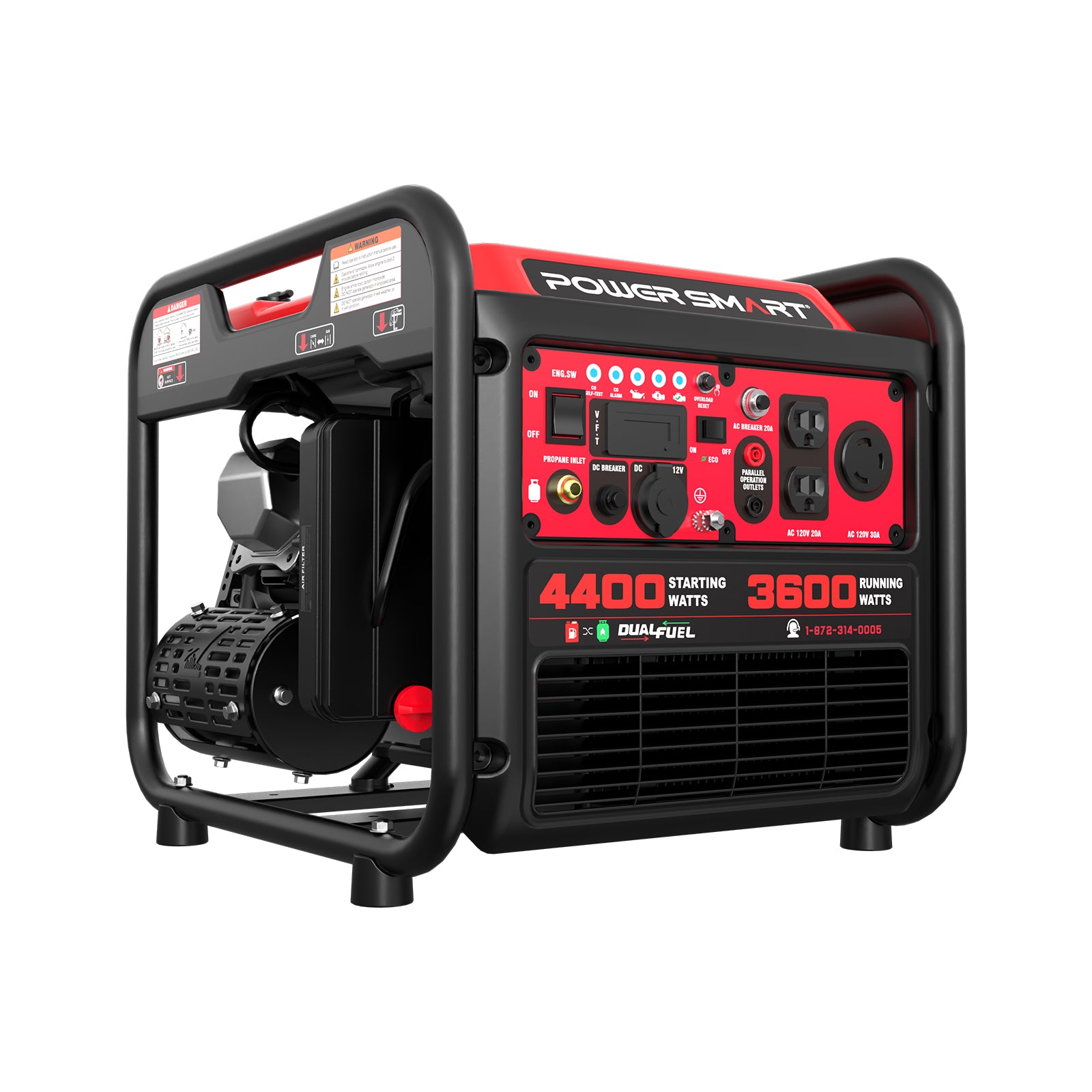






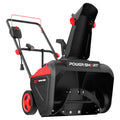

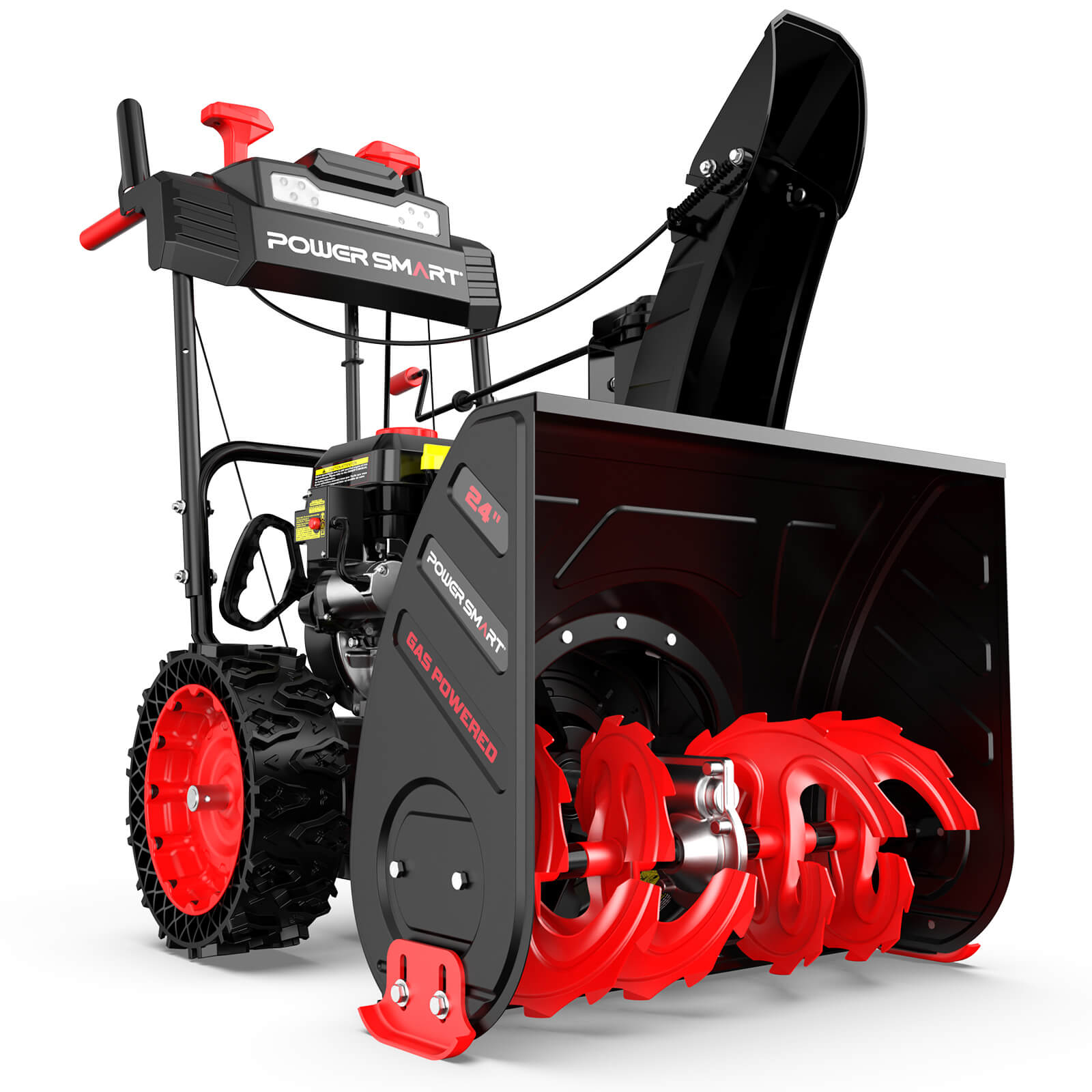
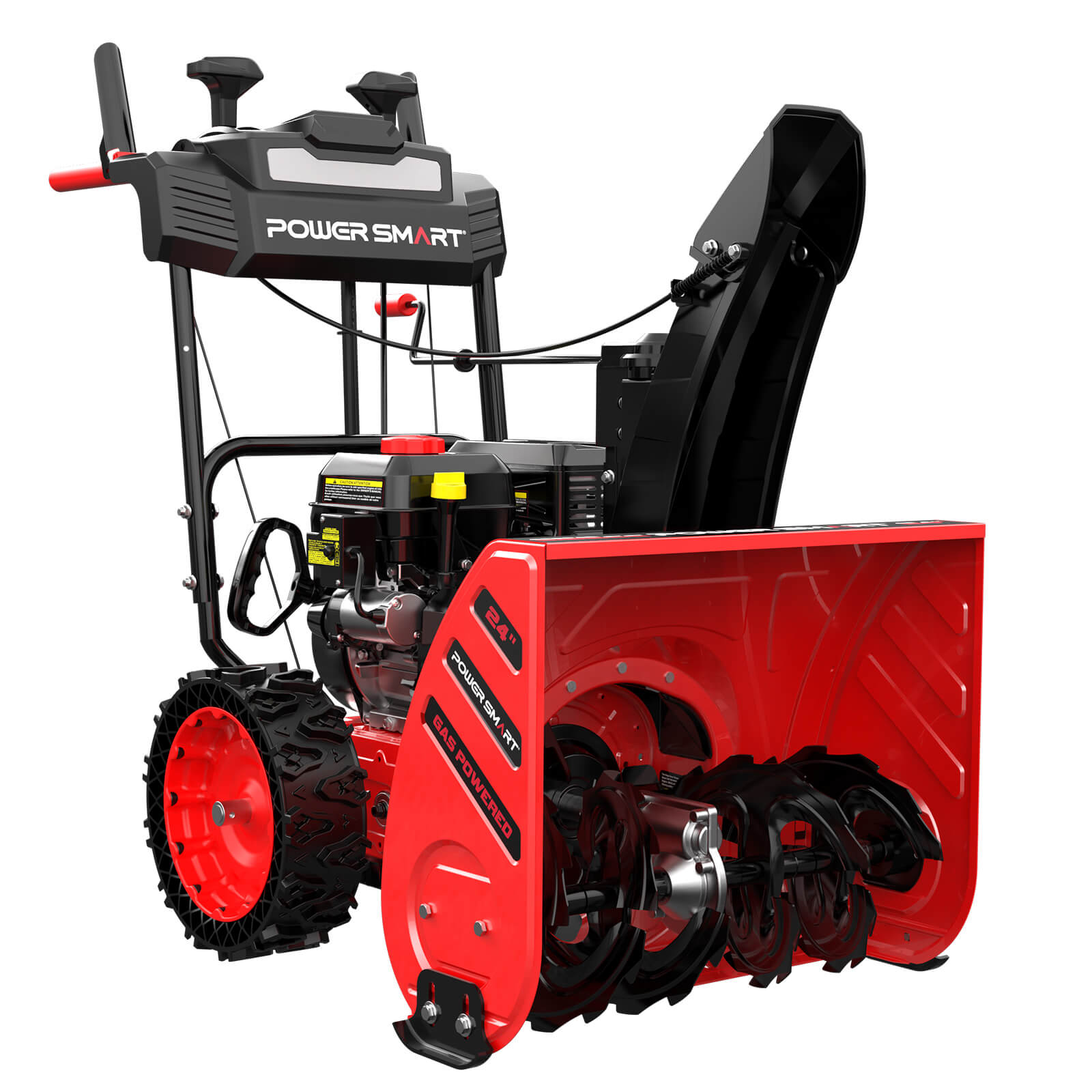
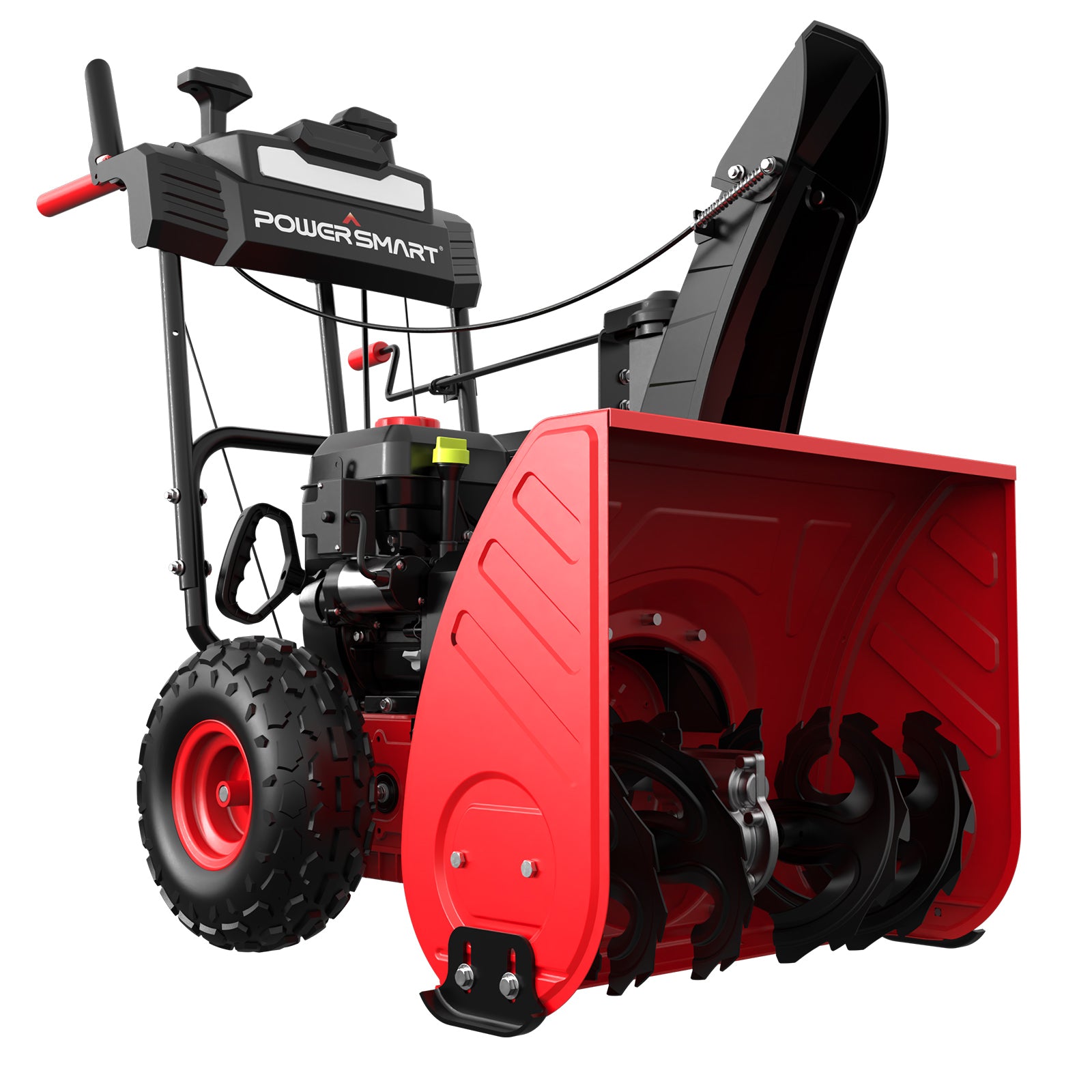
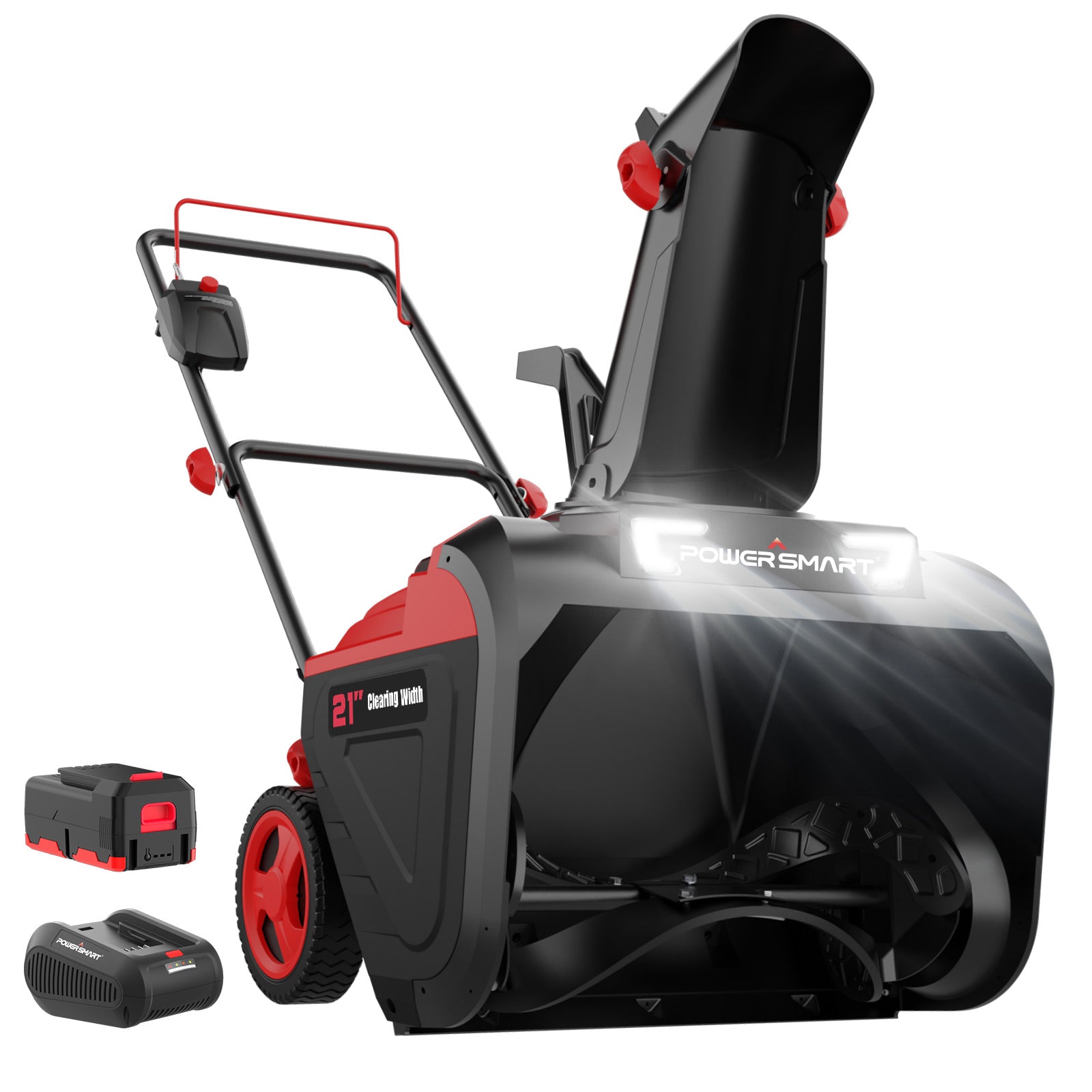
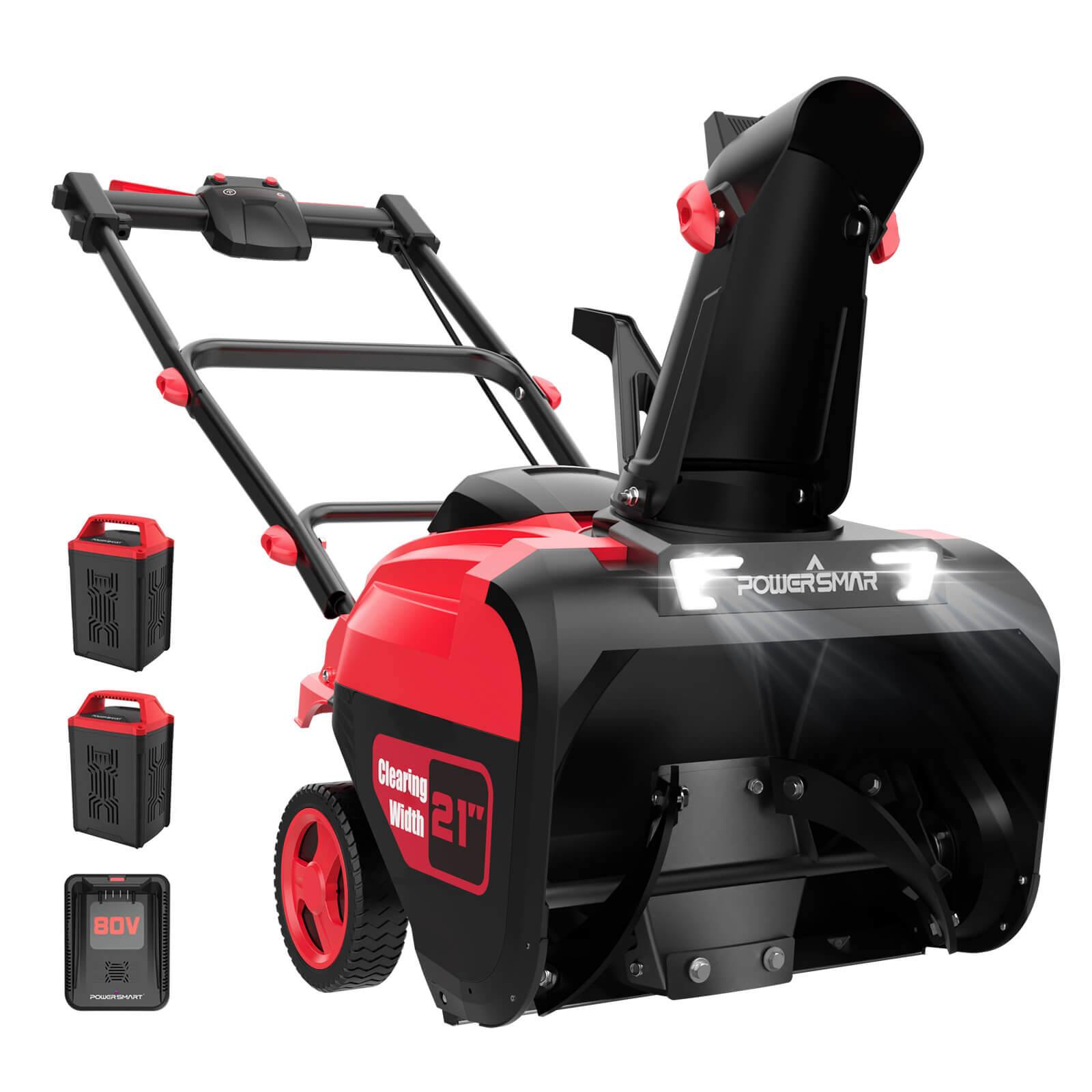
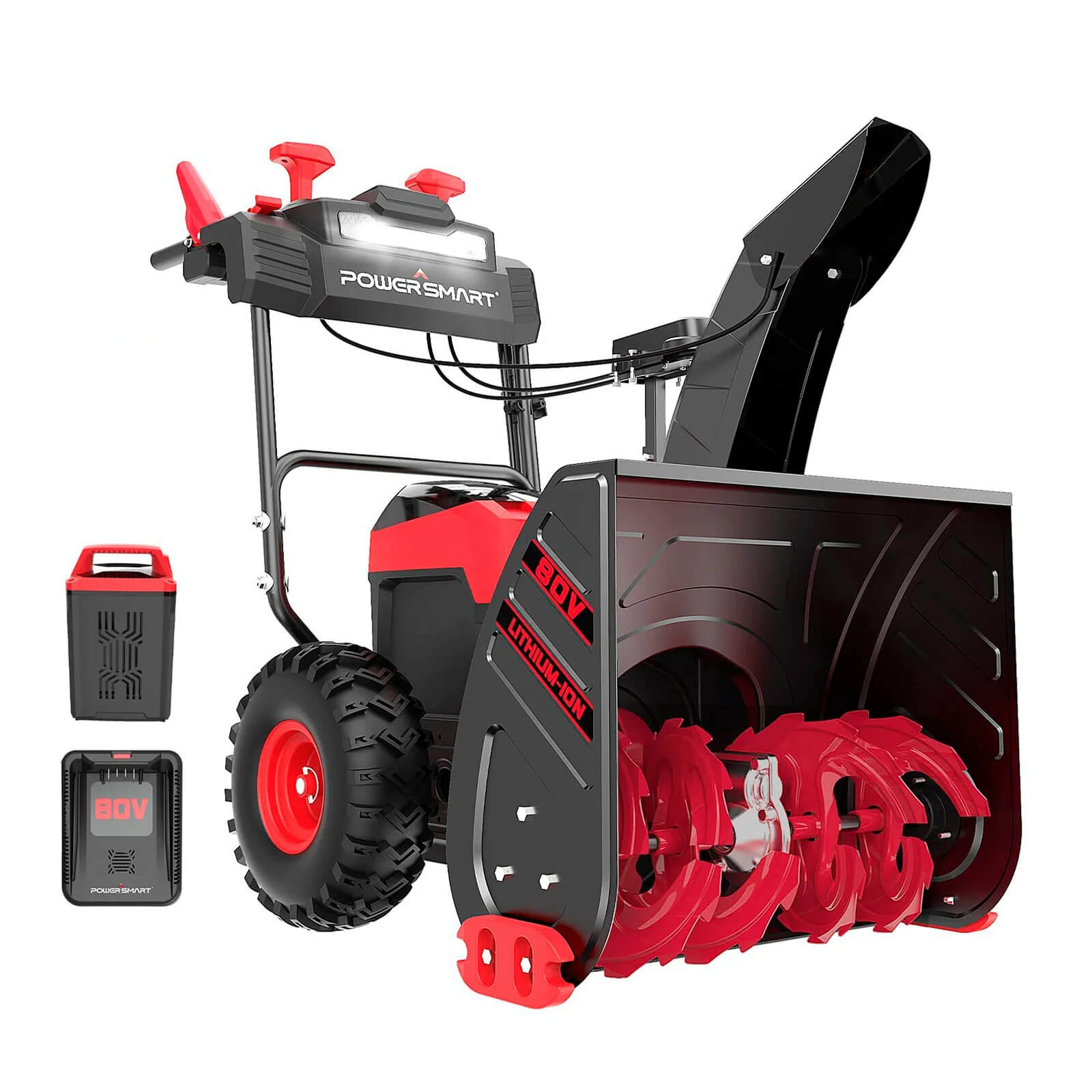
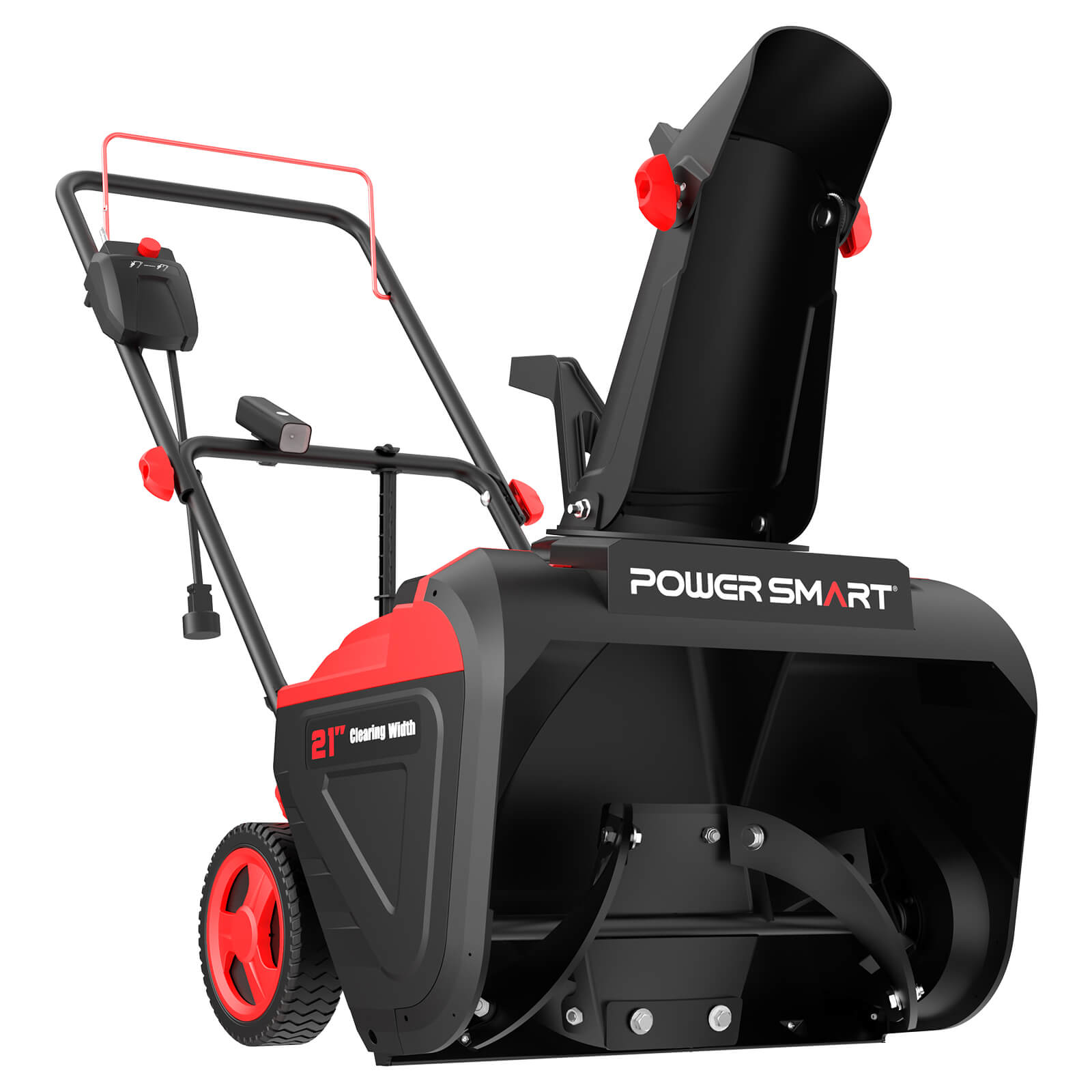







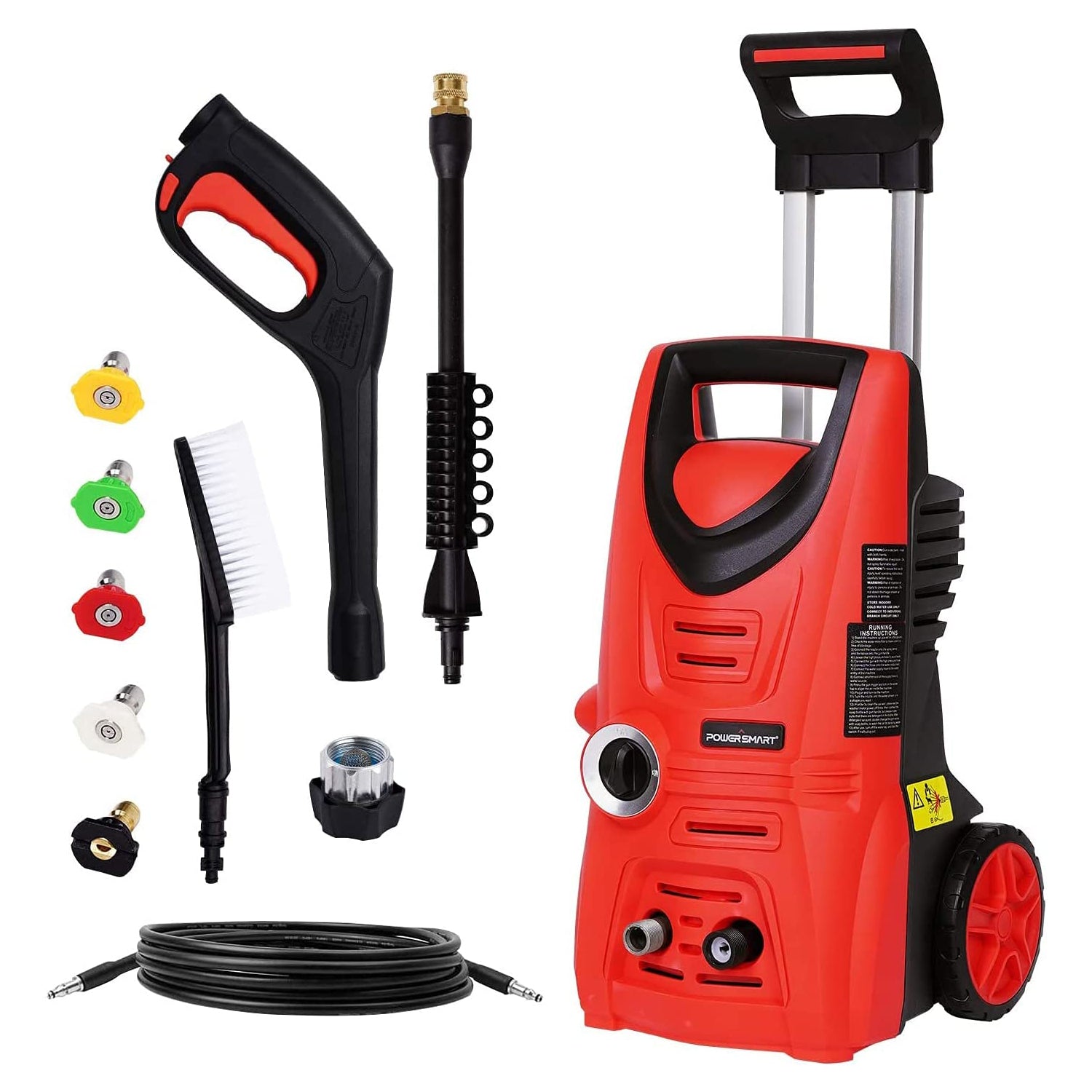
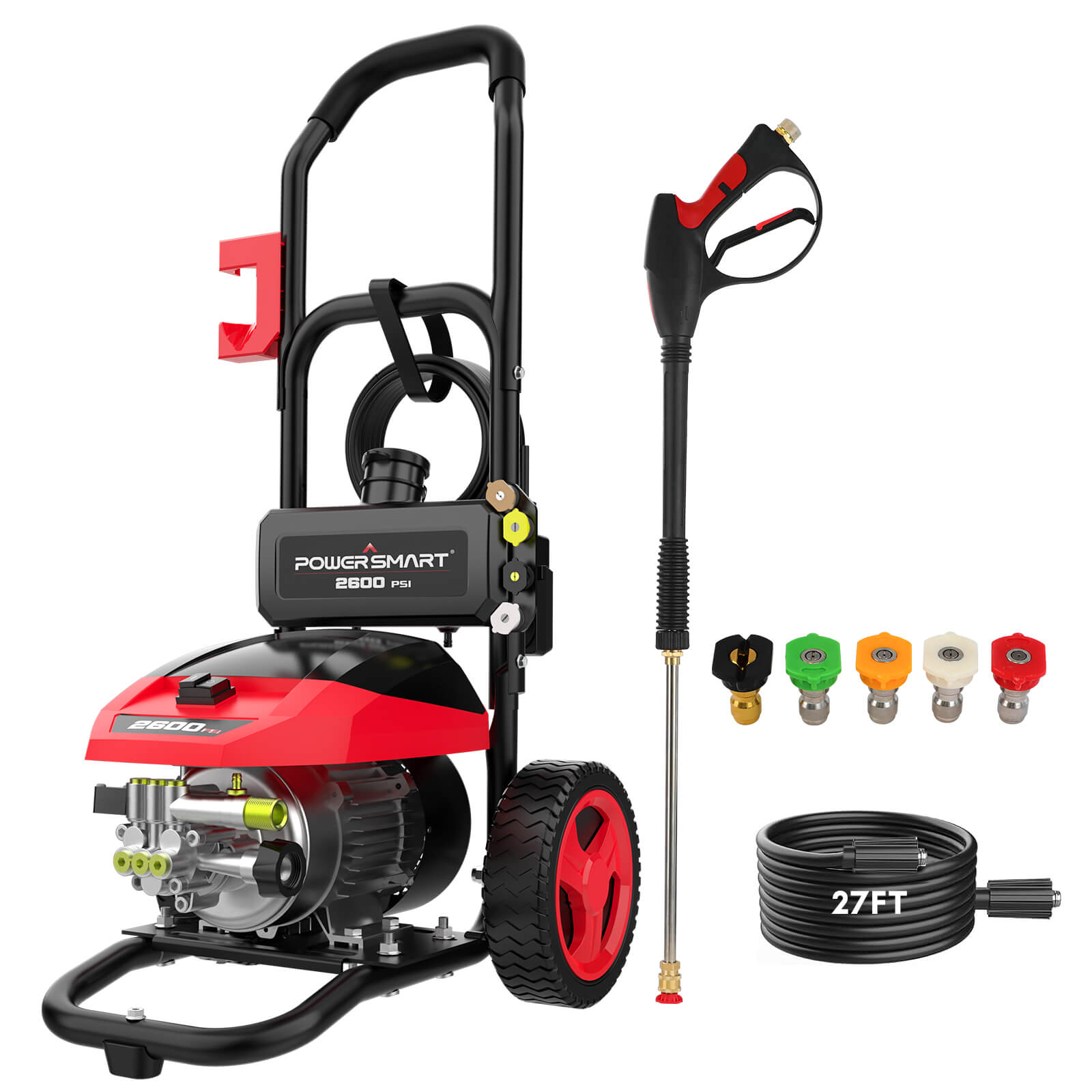
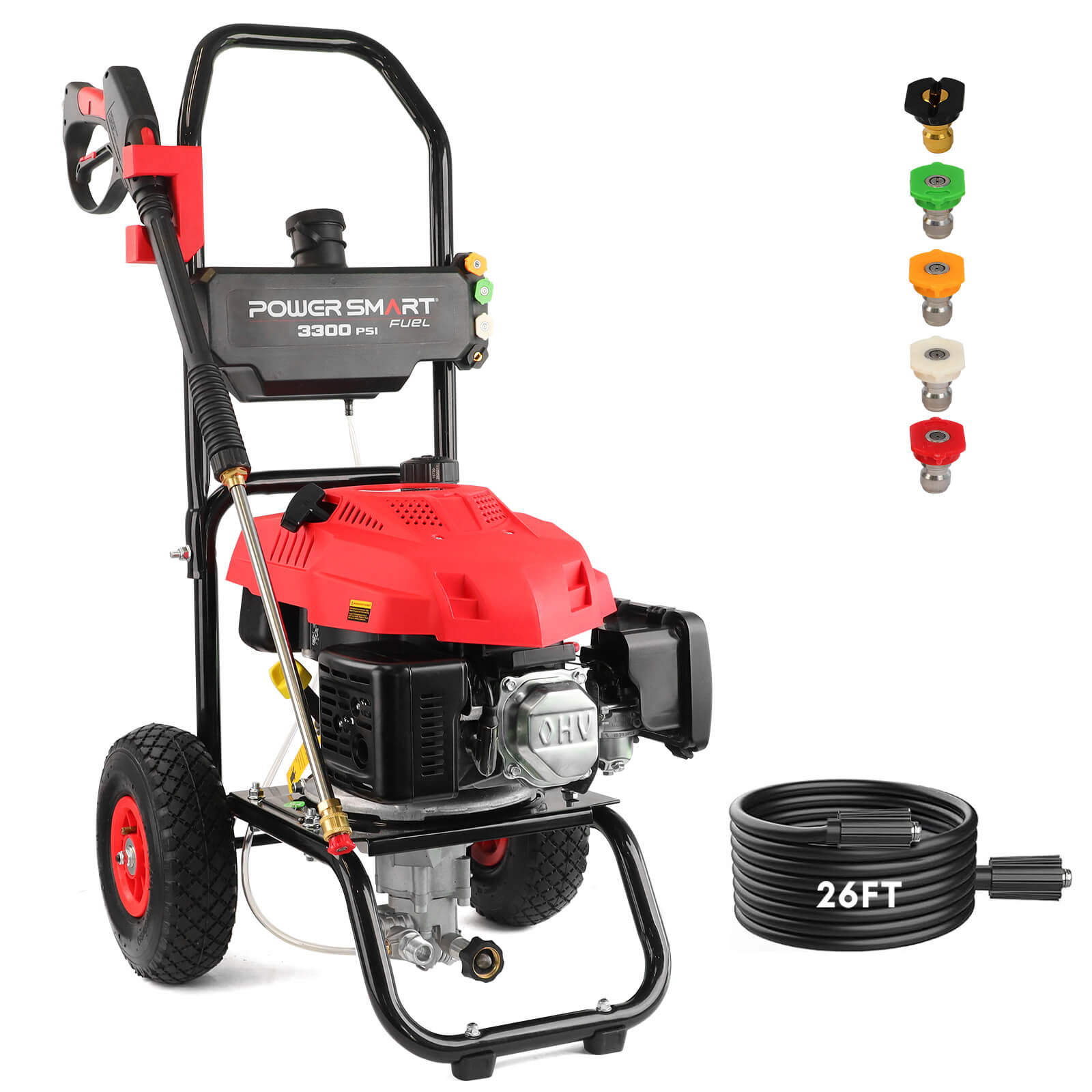
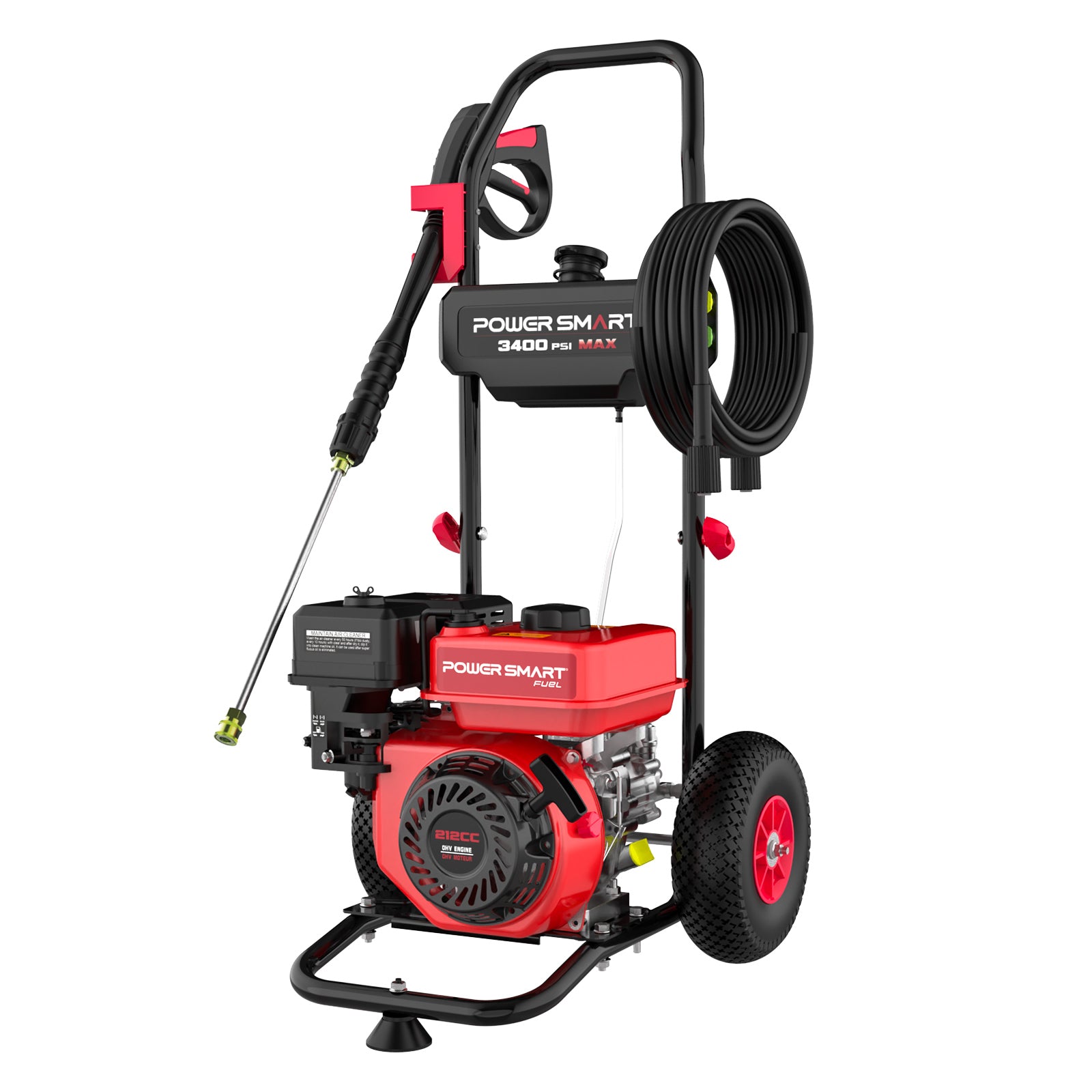
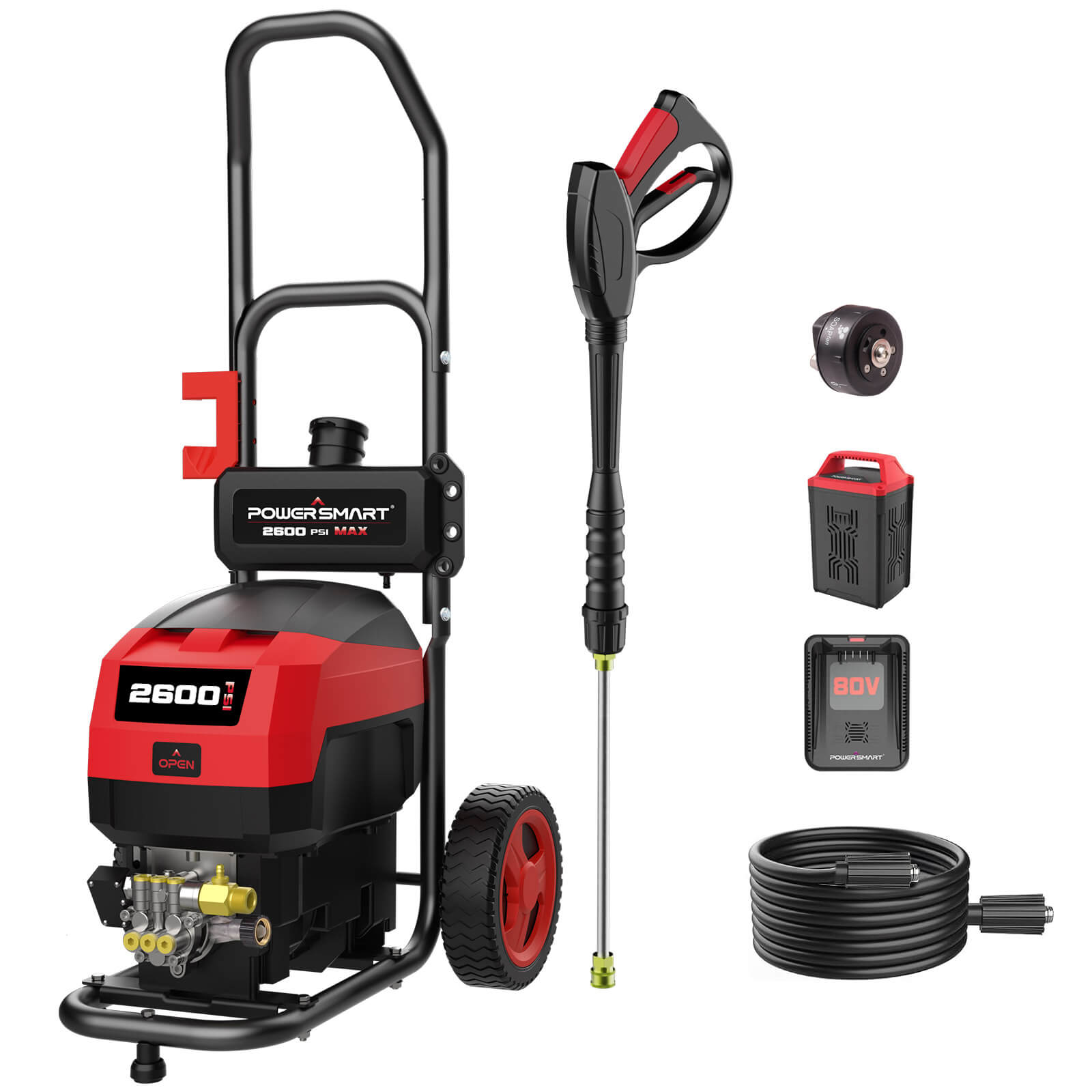
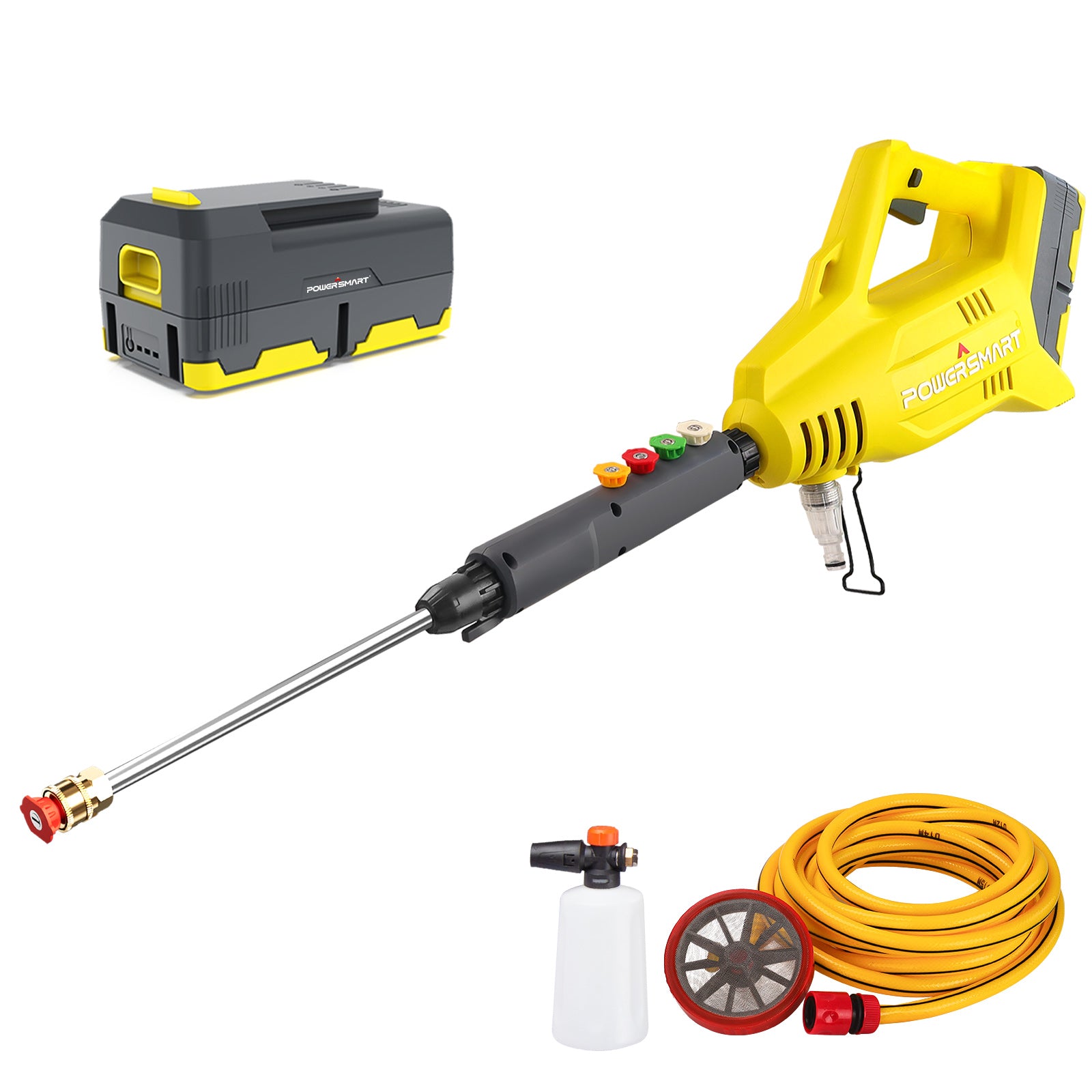












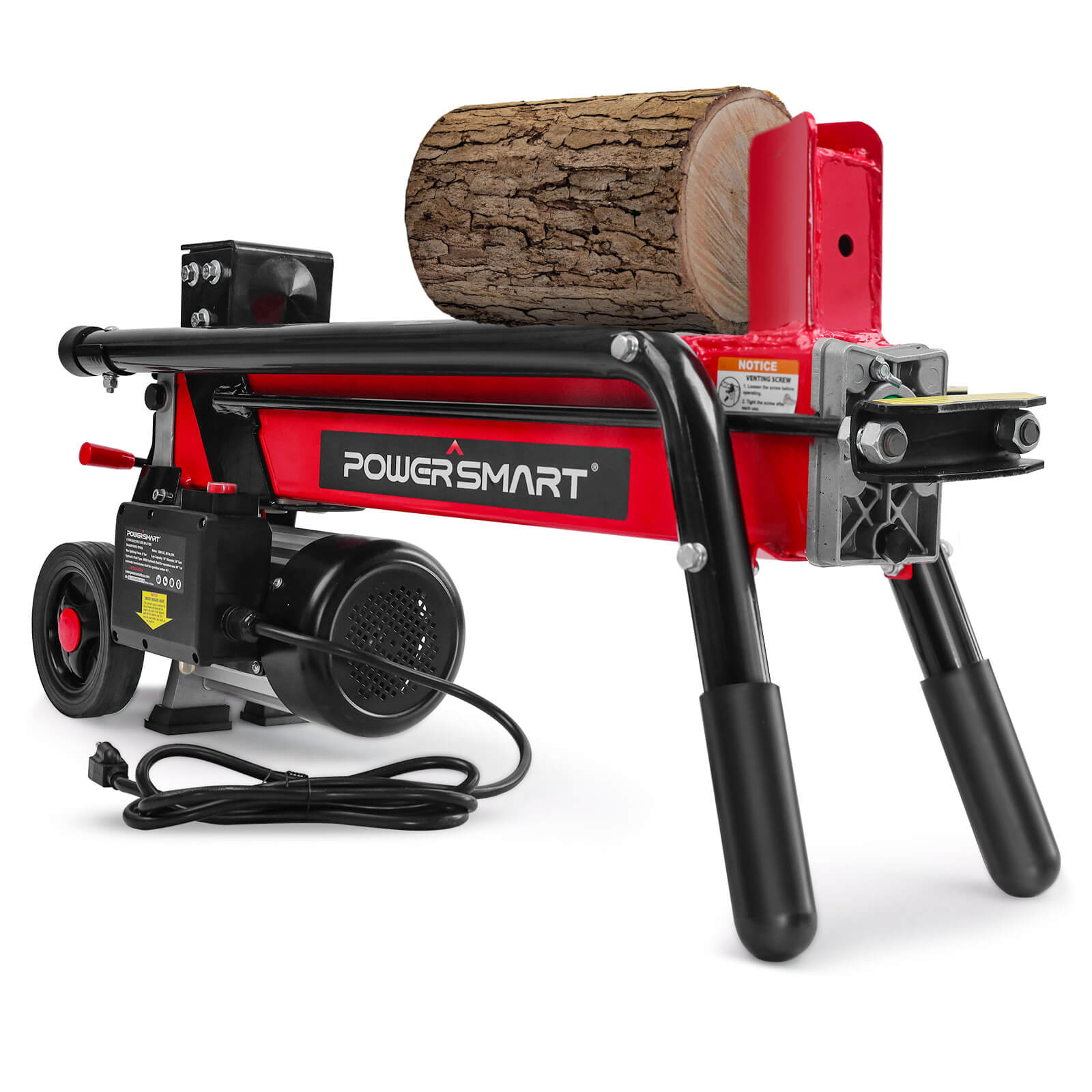

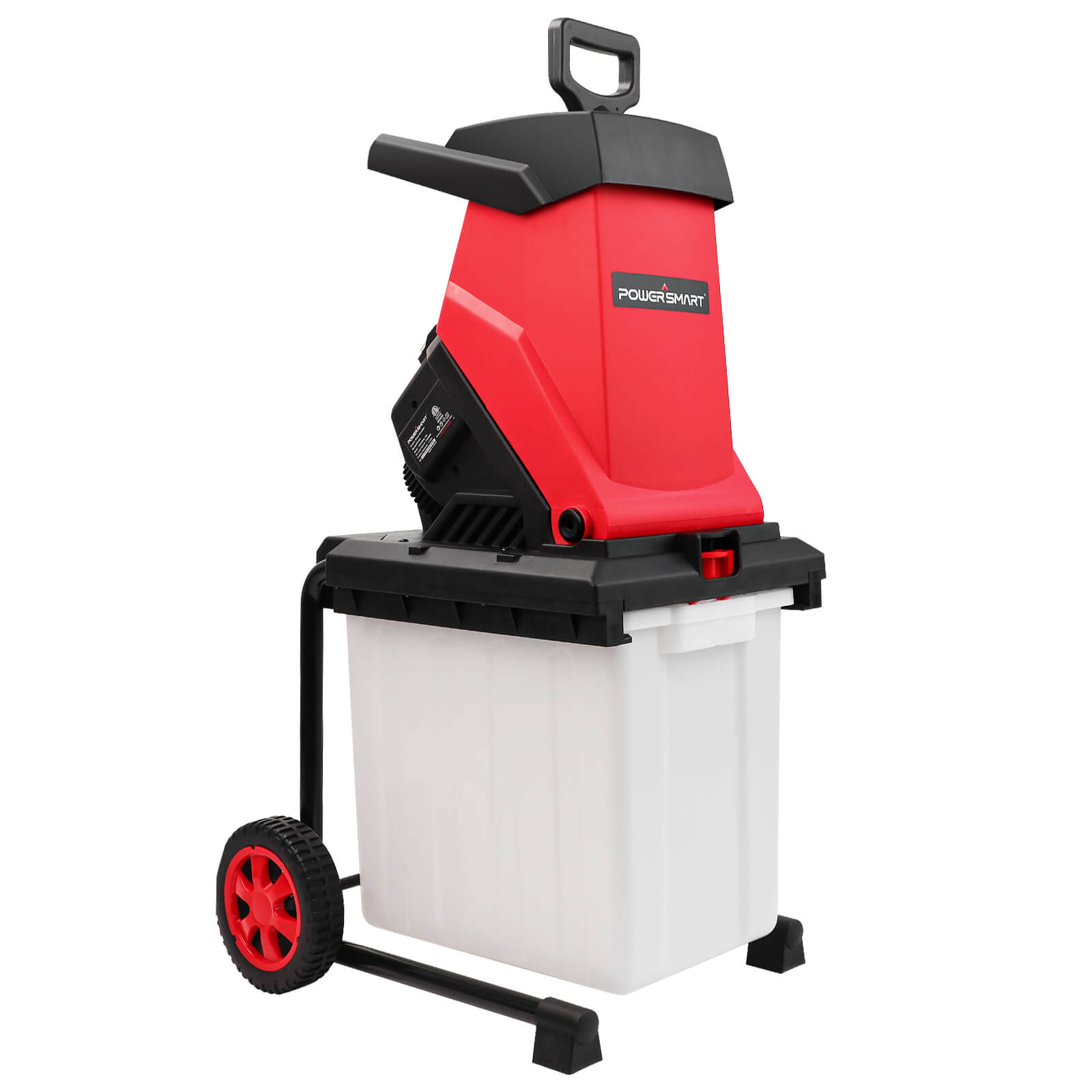
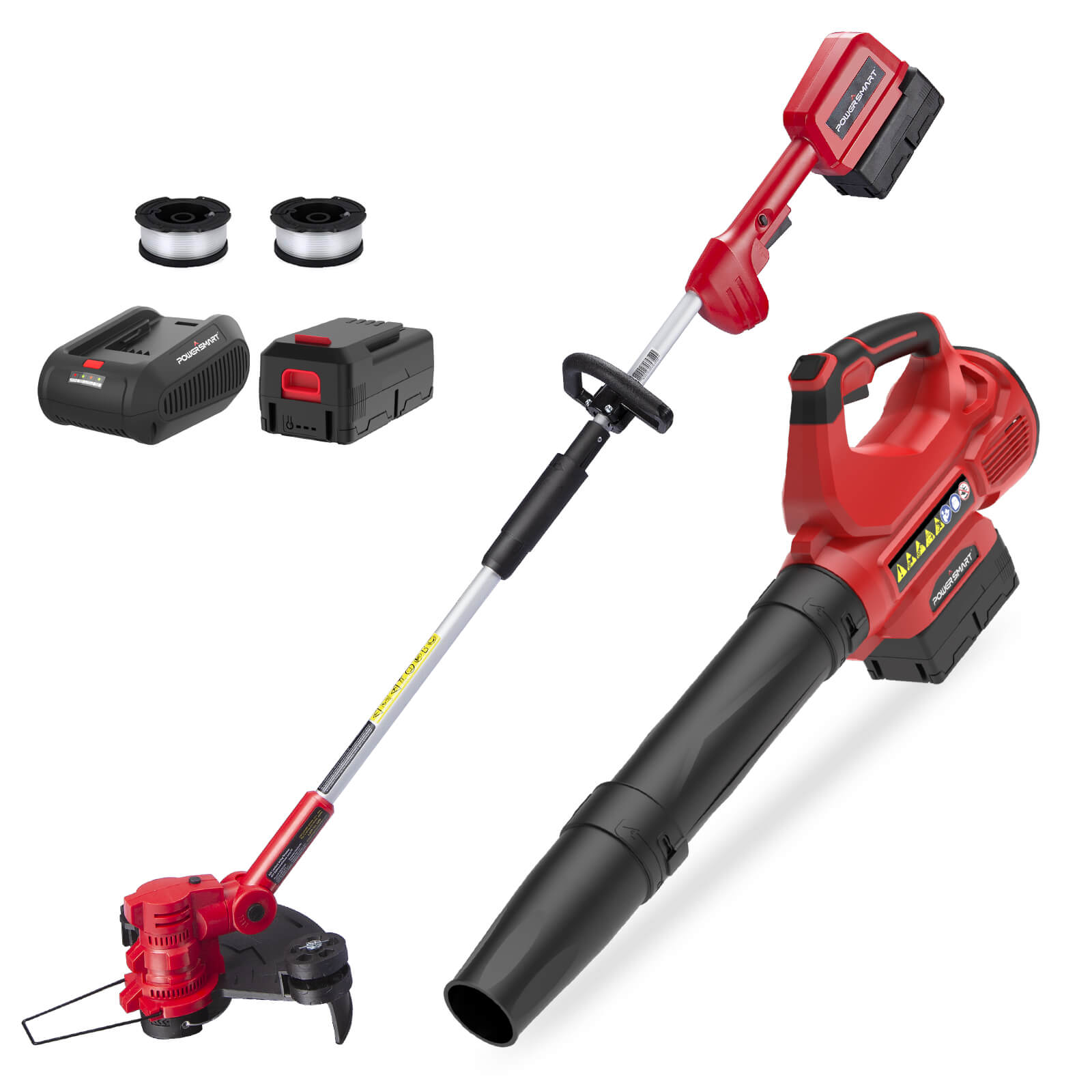
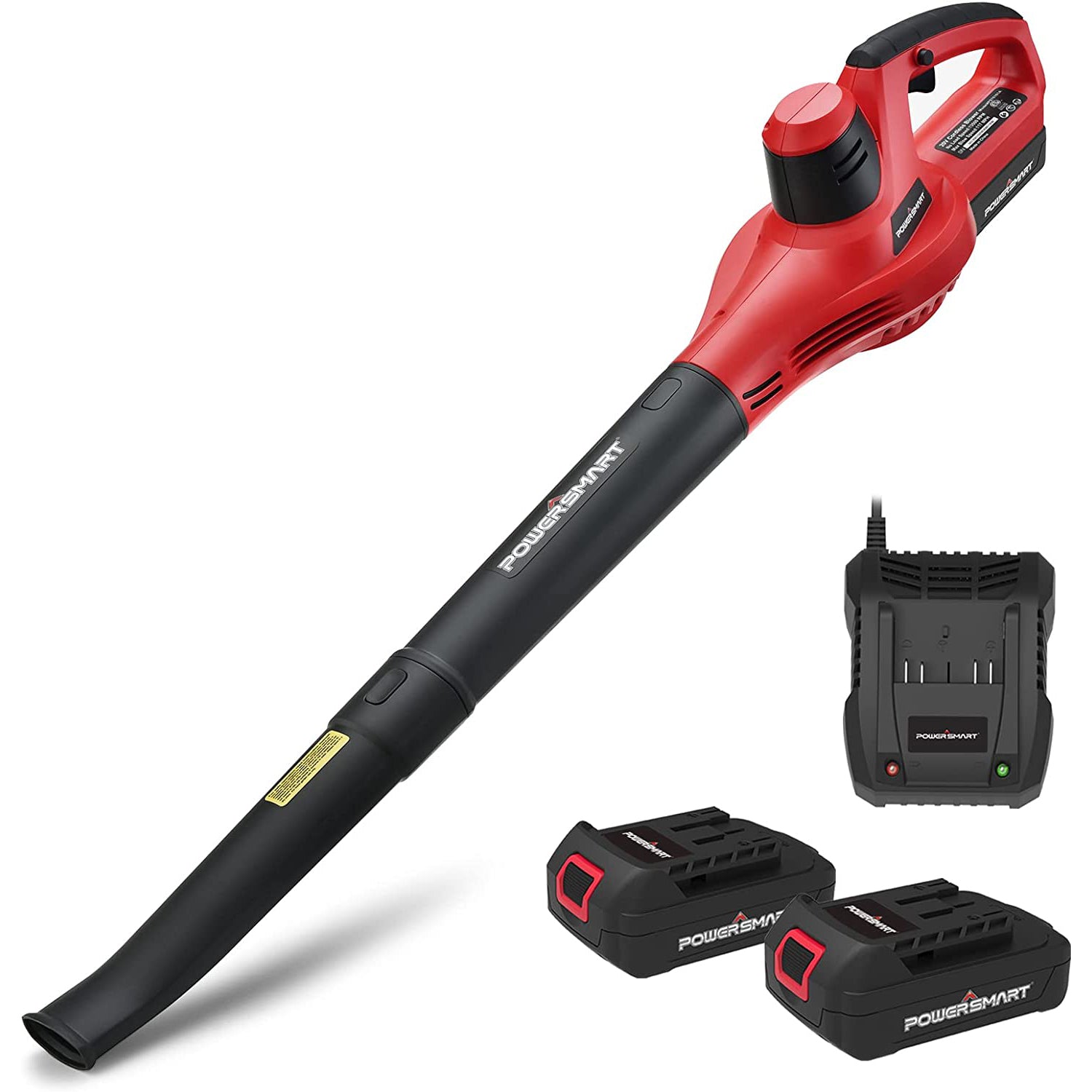

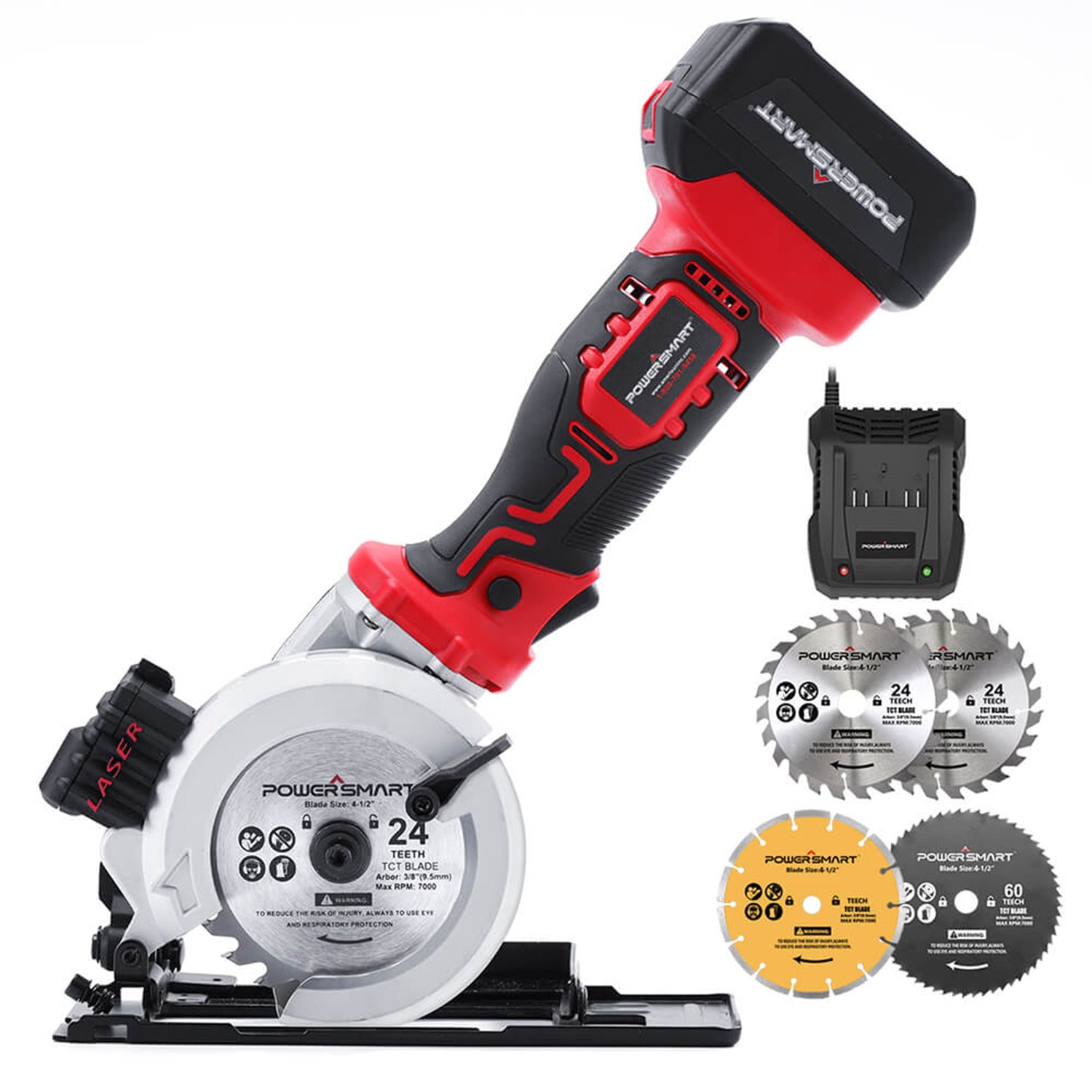

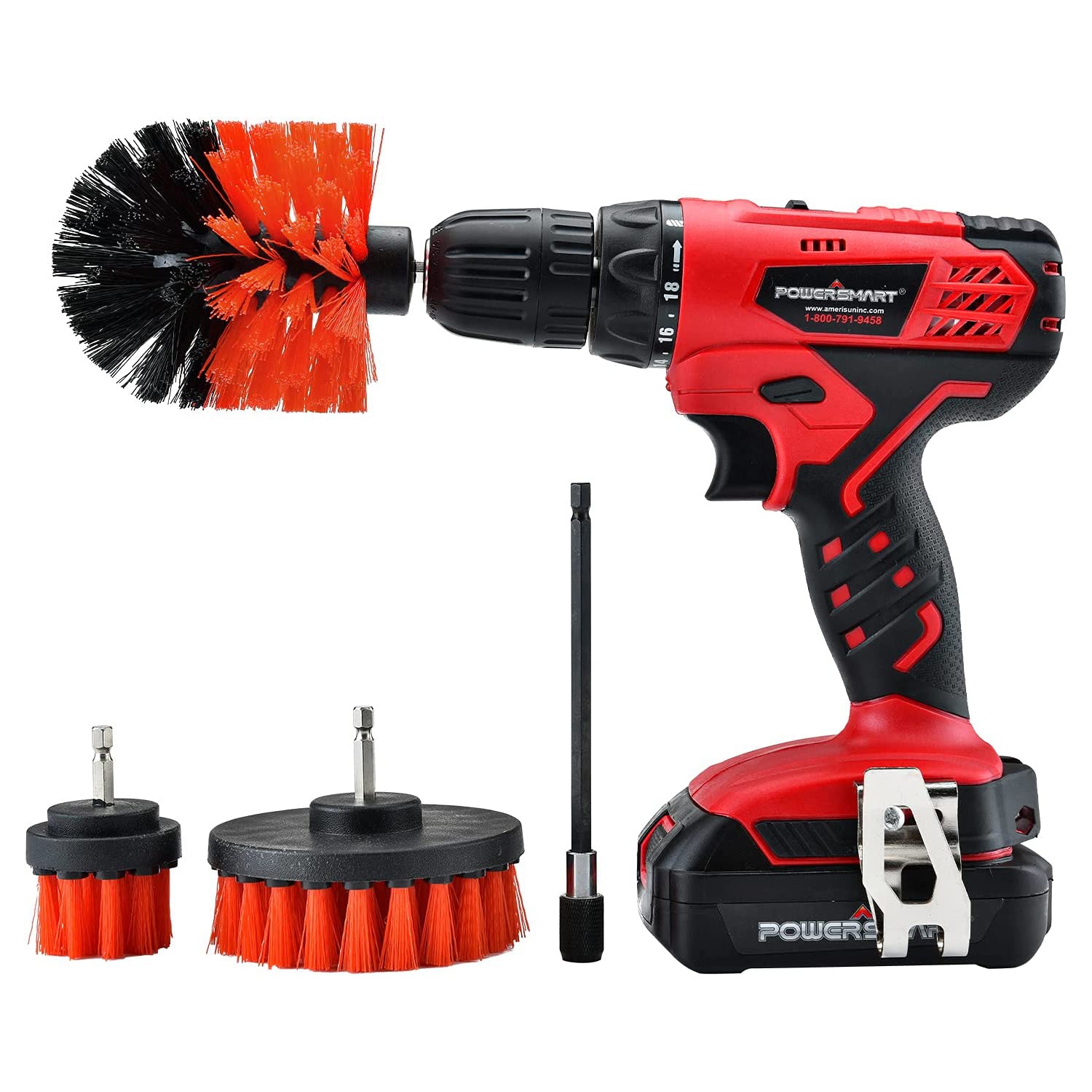
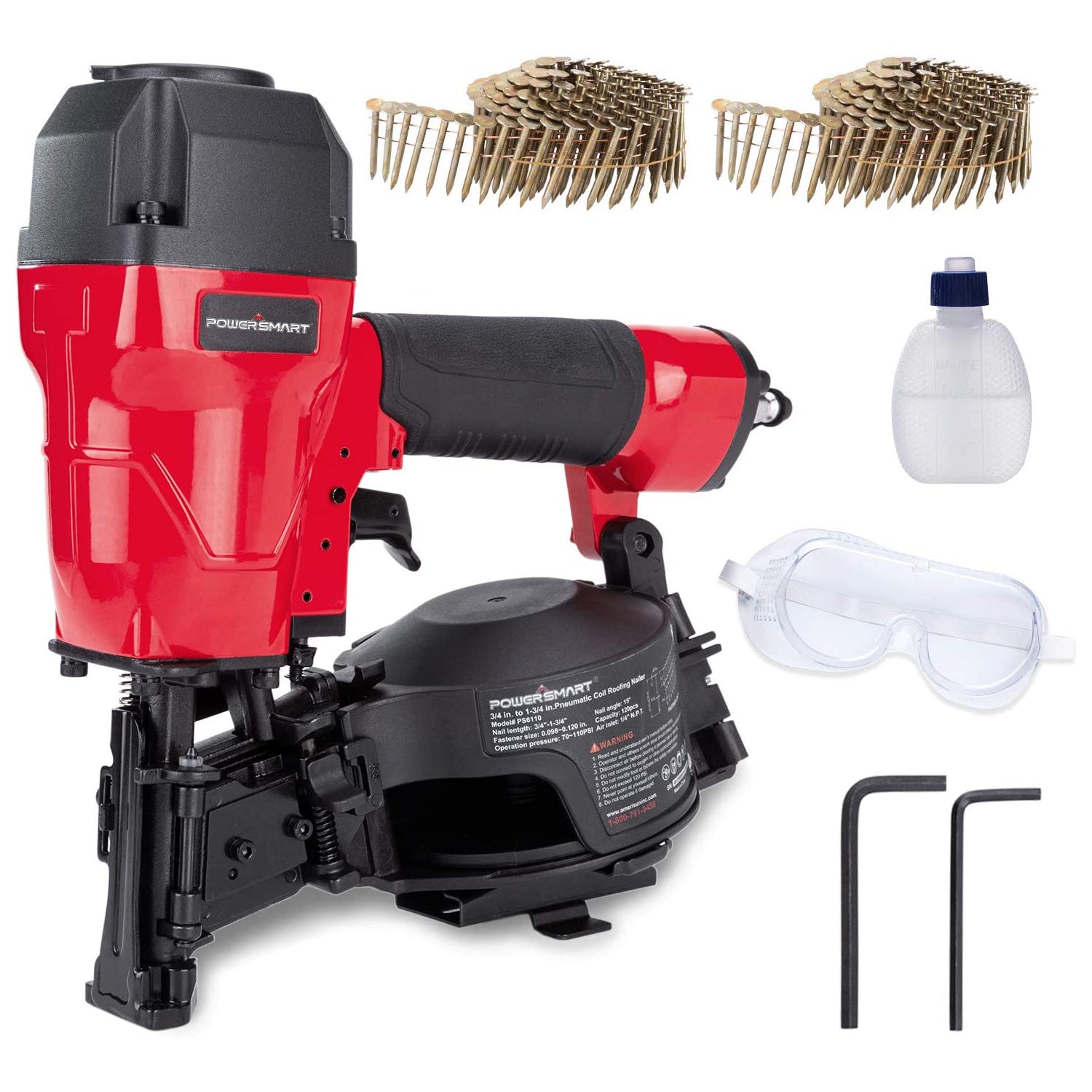

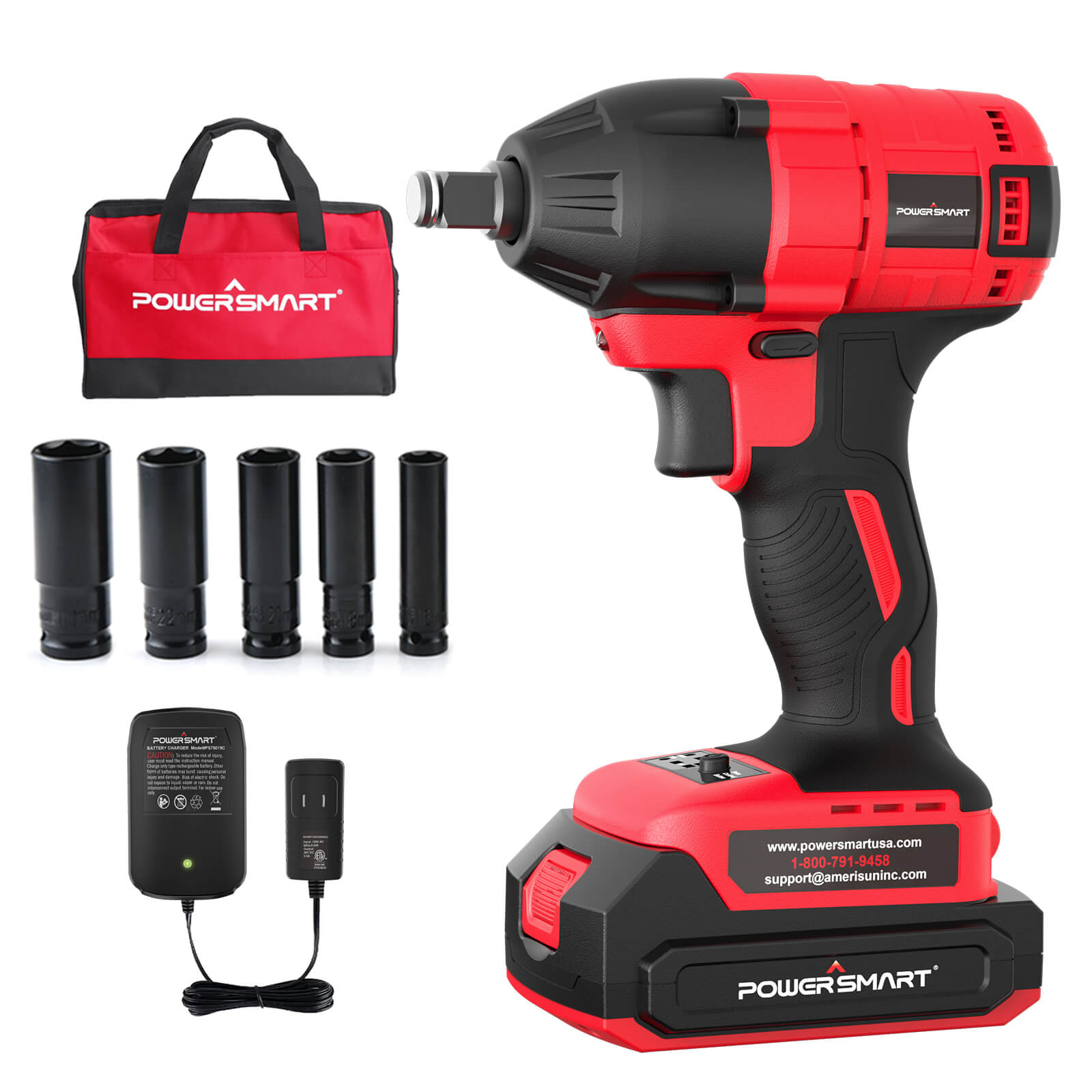










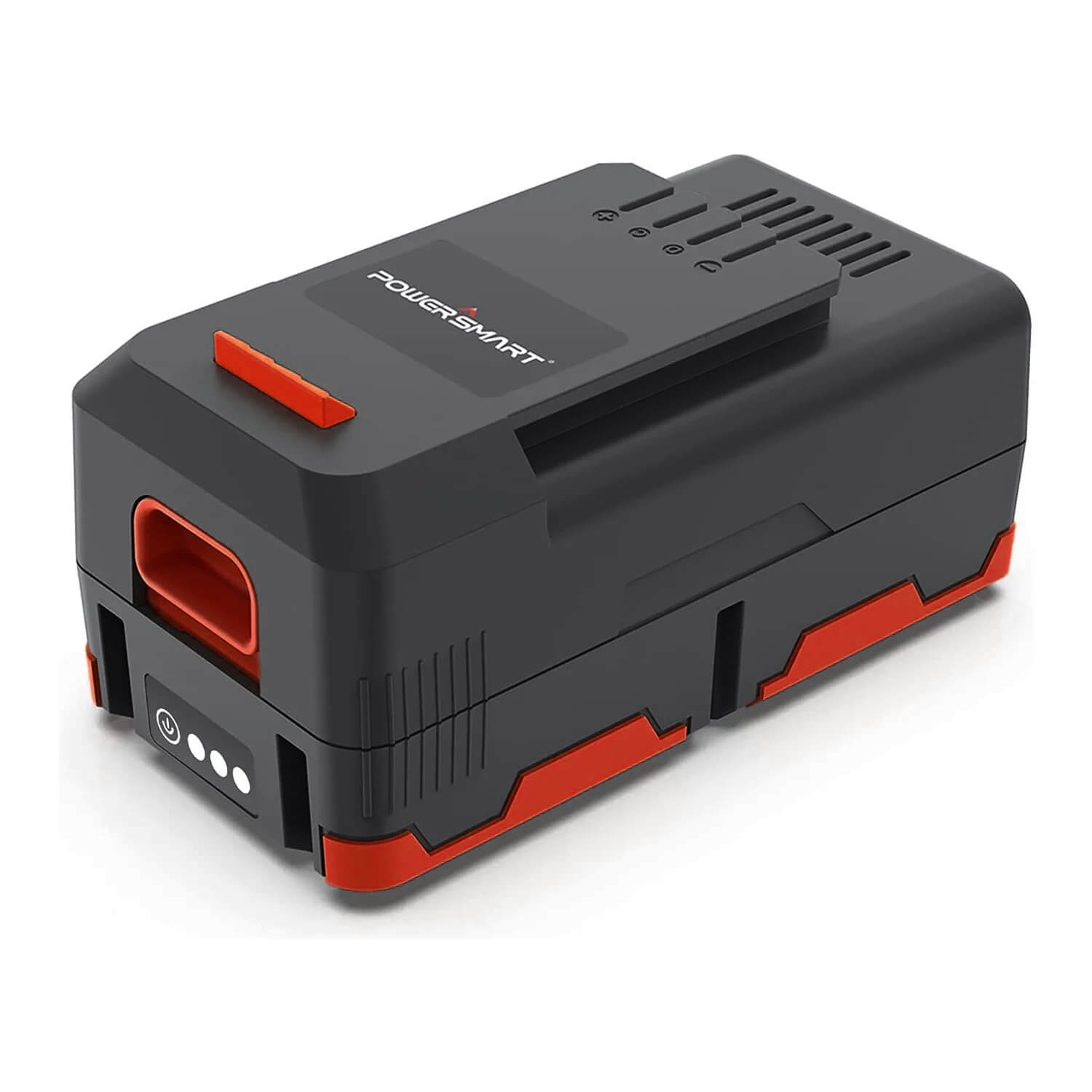
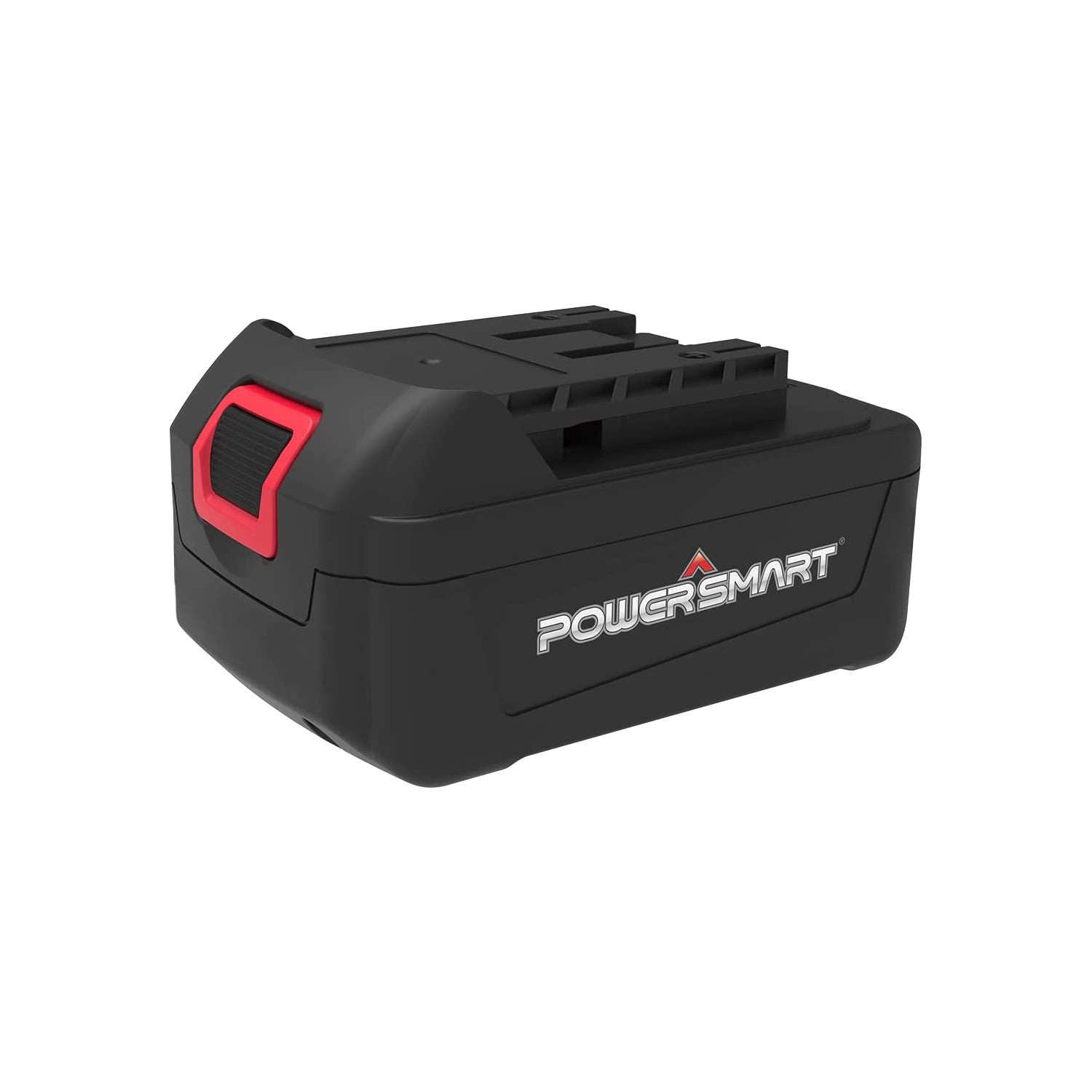
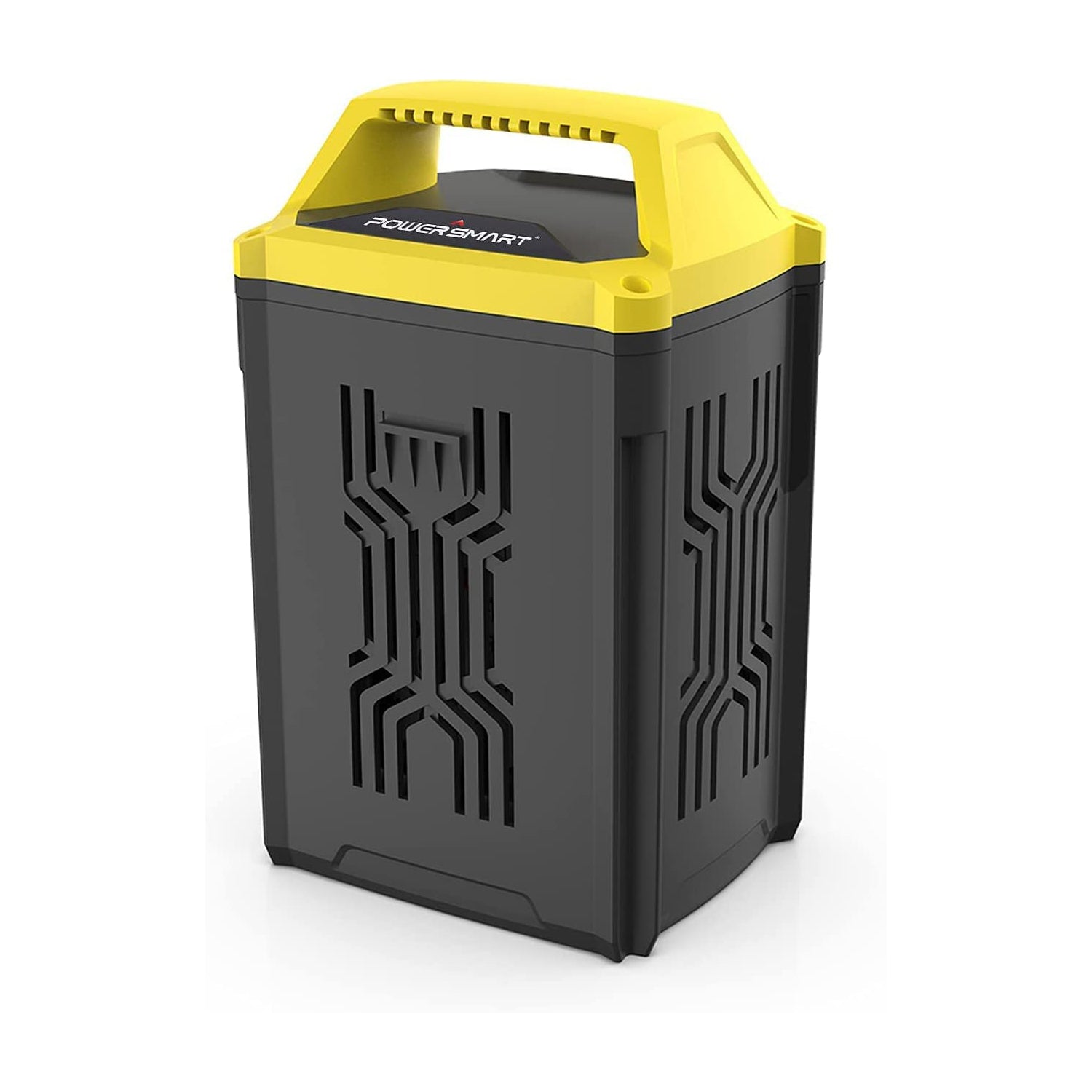

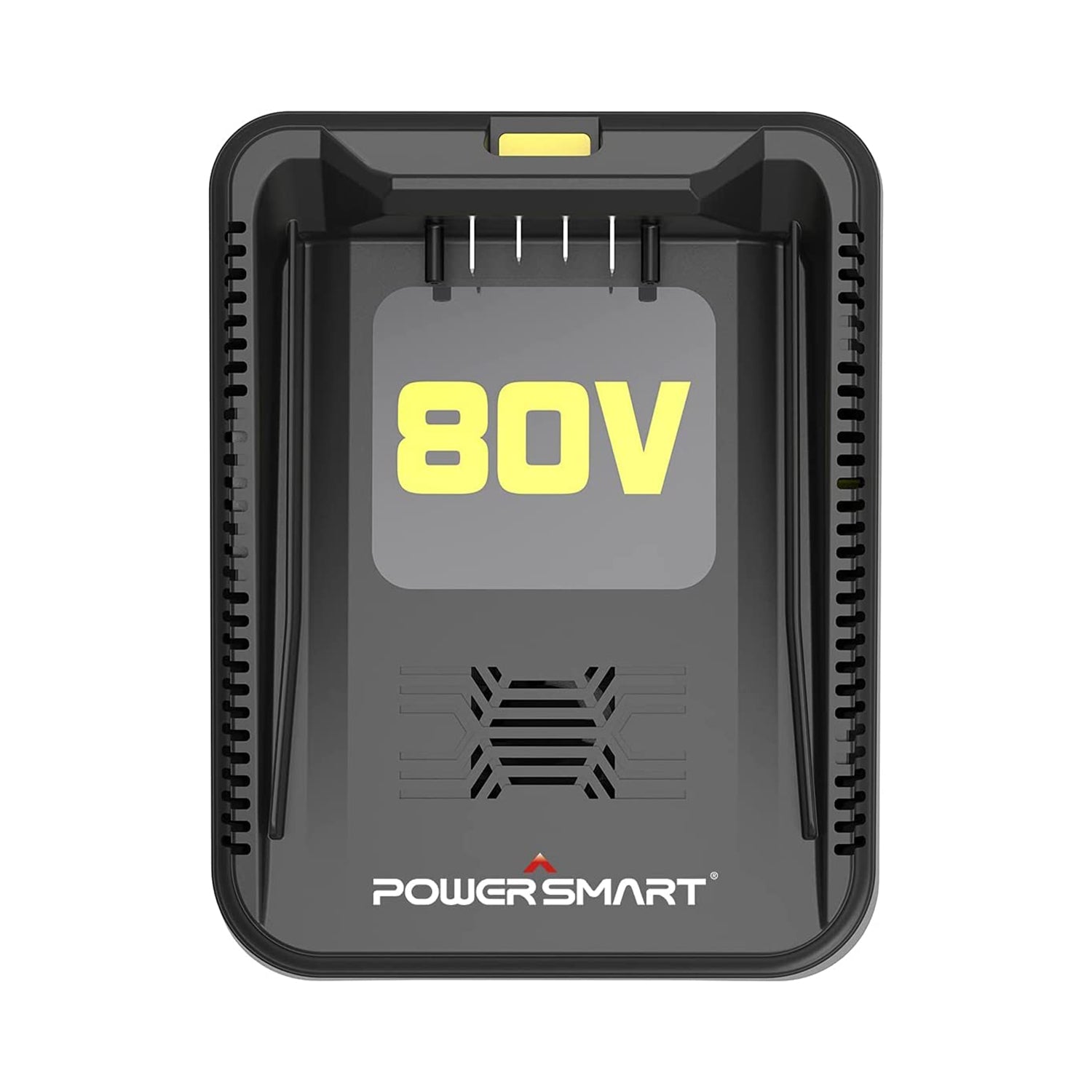
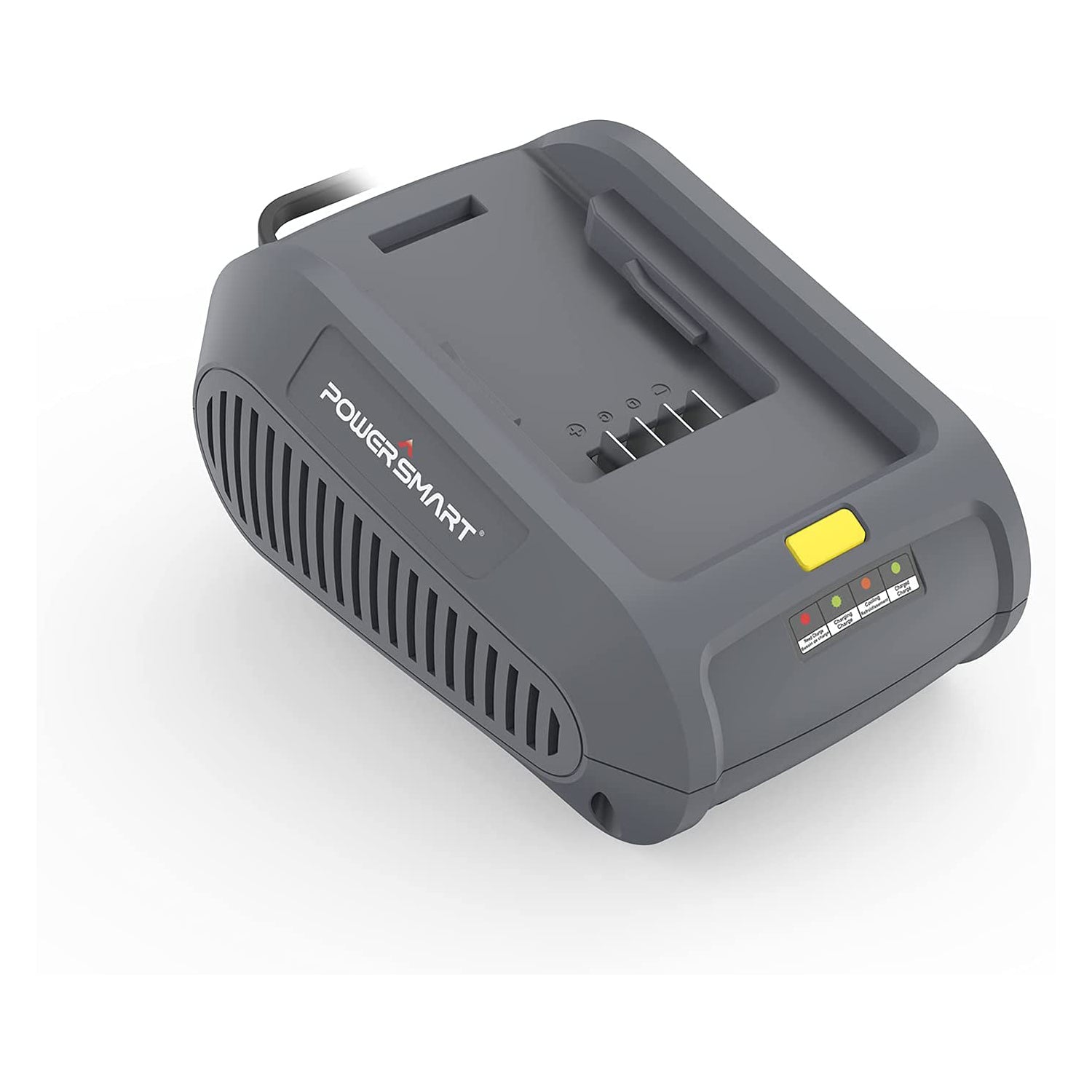




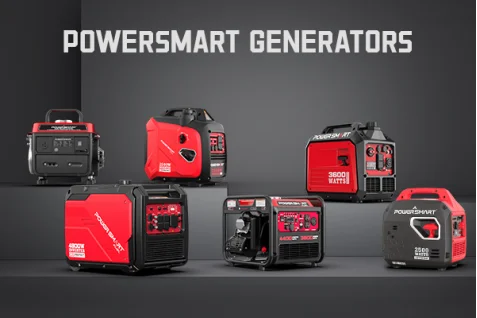
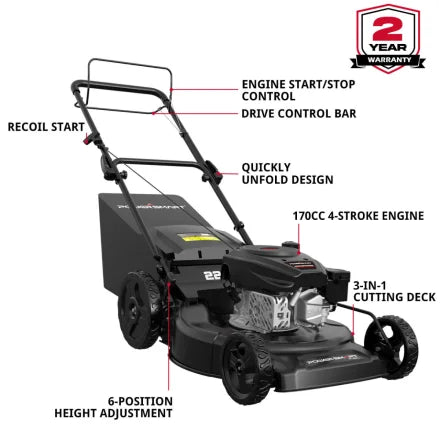

Leave a comment
All comments are moderated before being published.
This site is protected by hCaptcha and the hCaptcha Privacy Policy and Terms of Service apply.